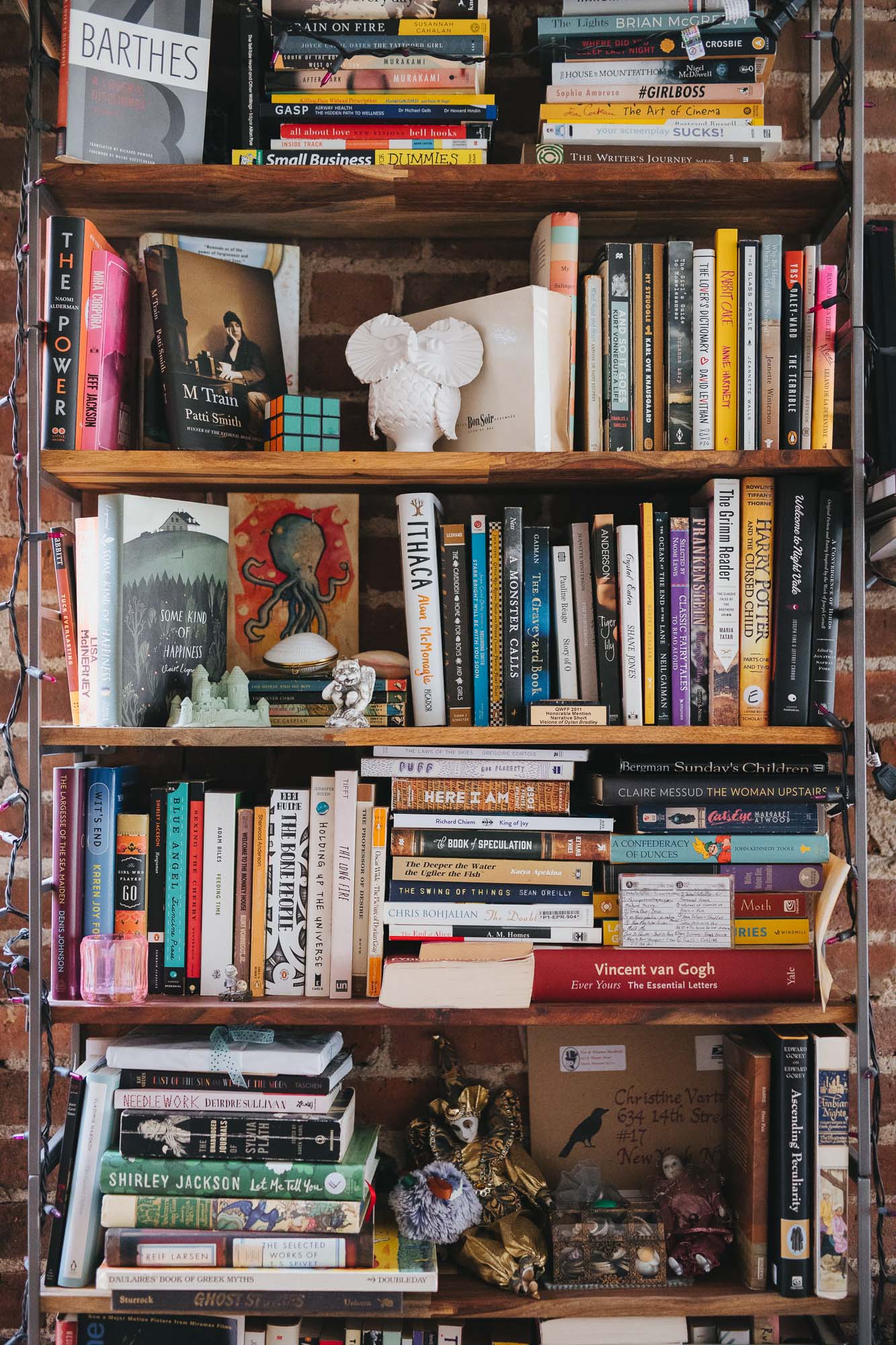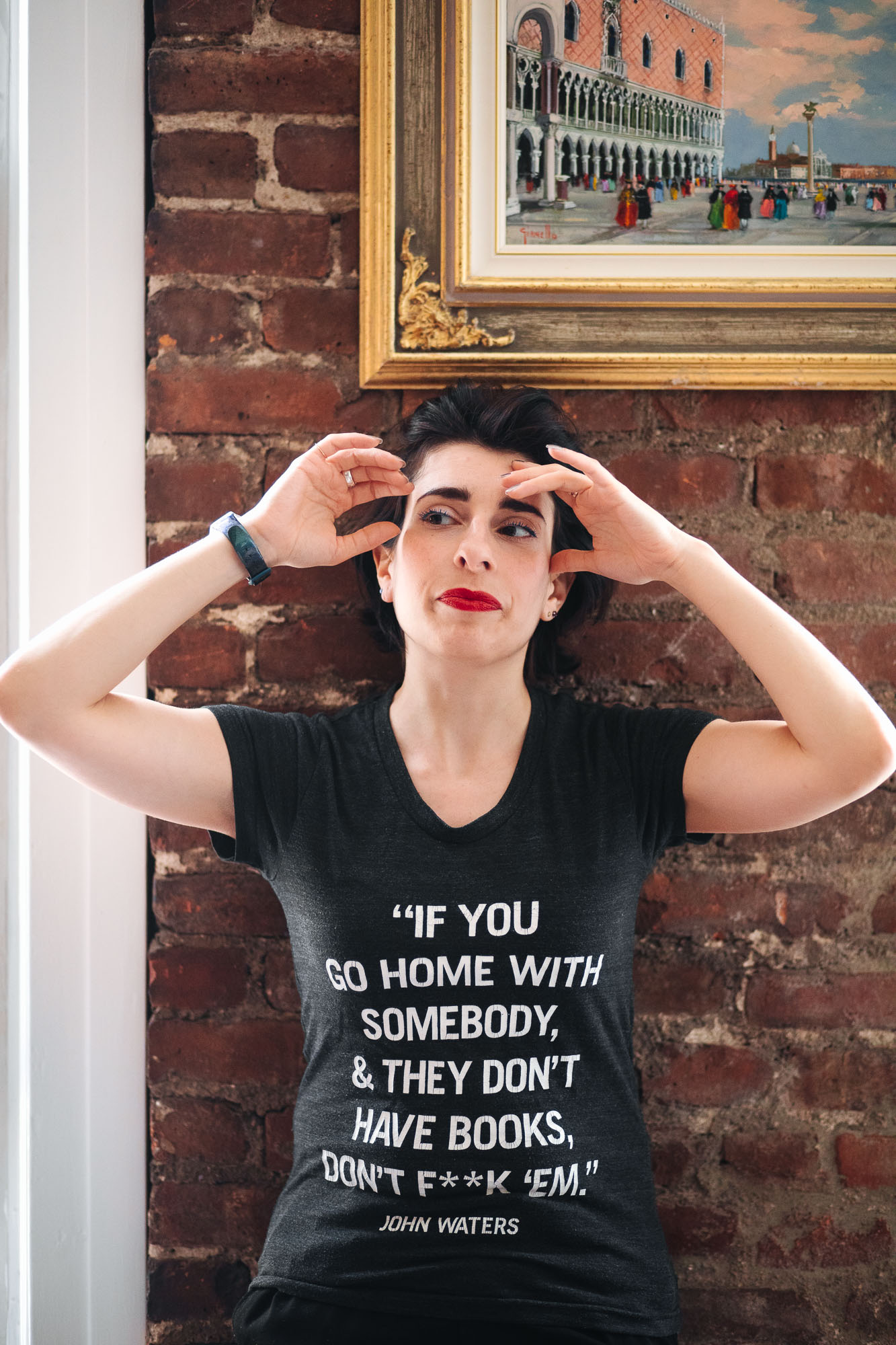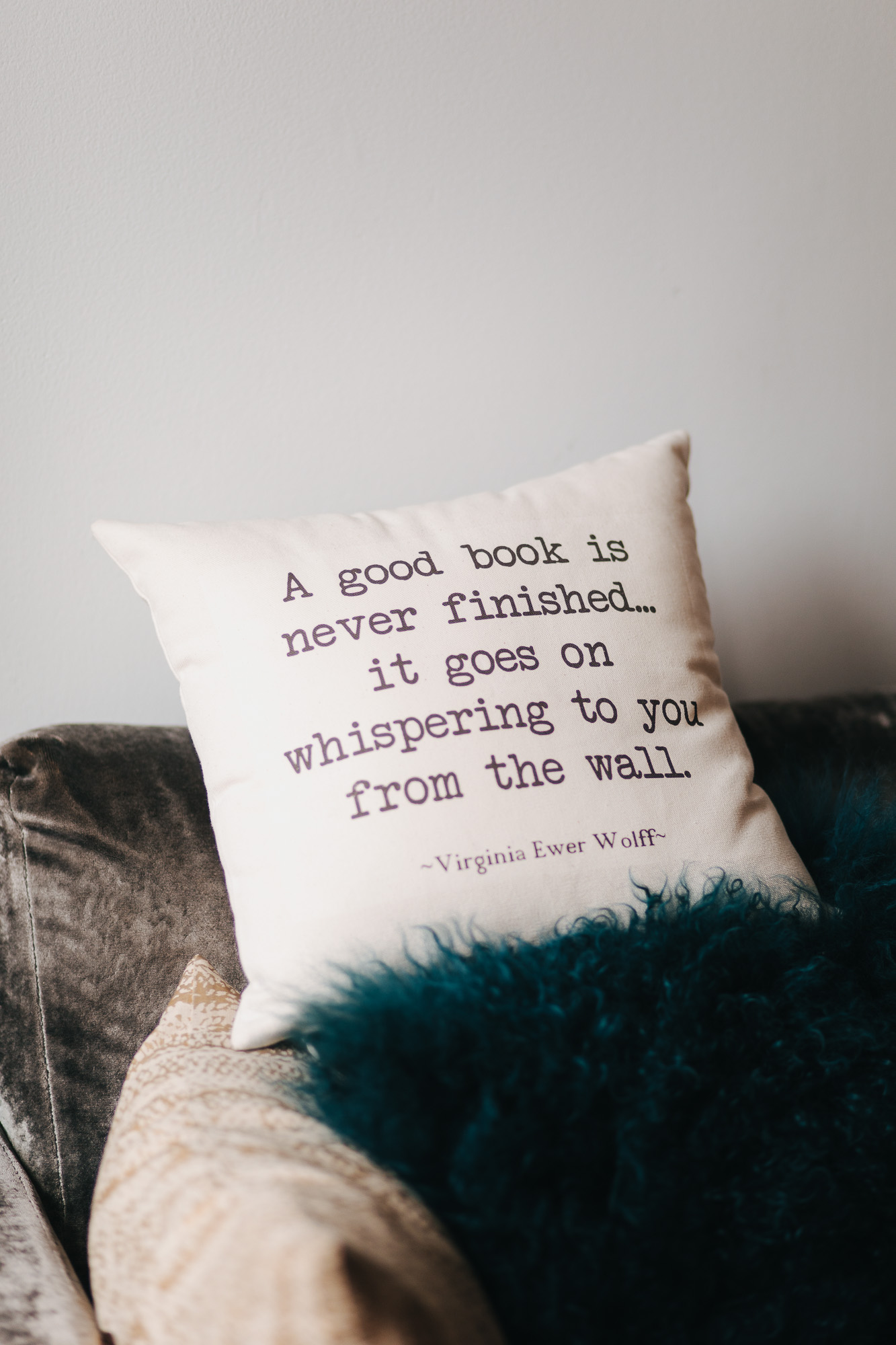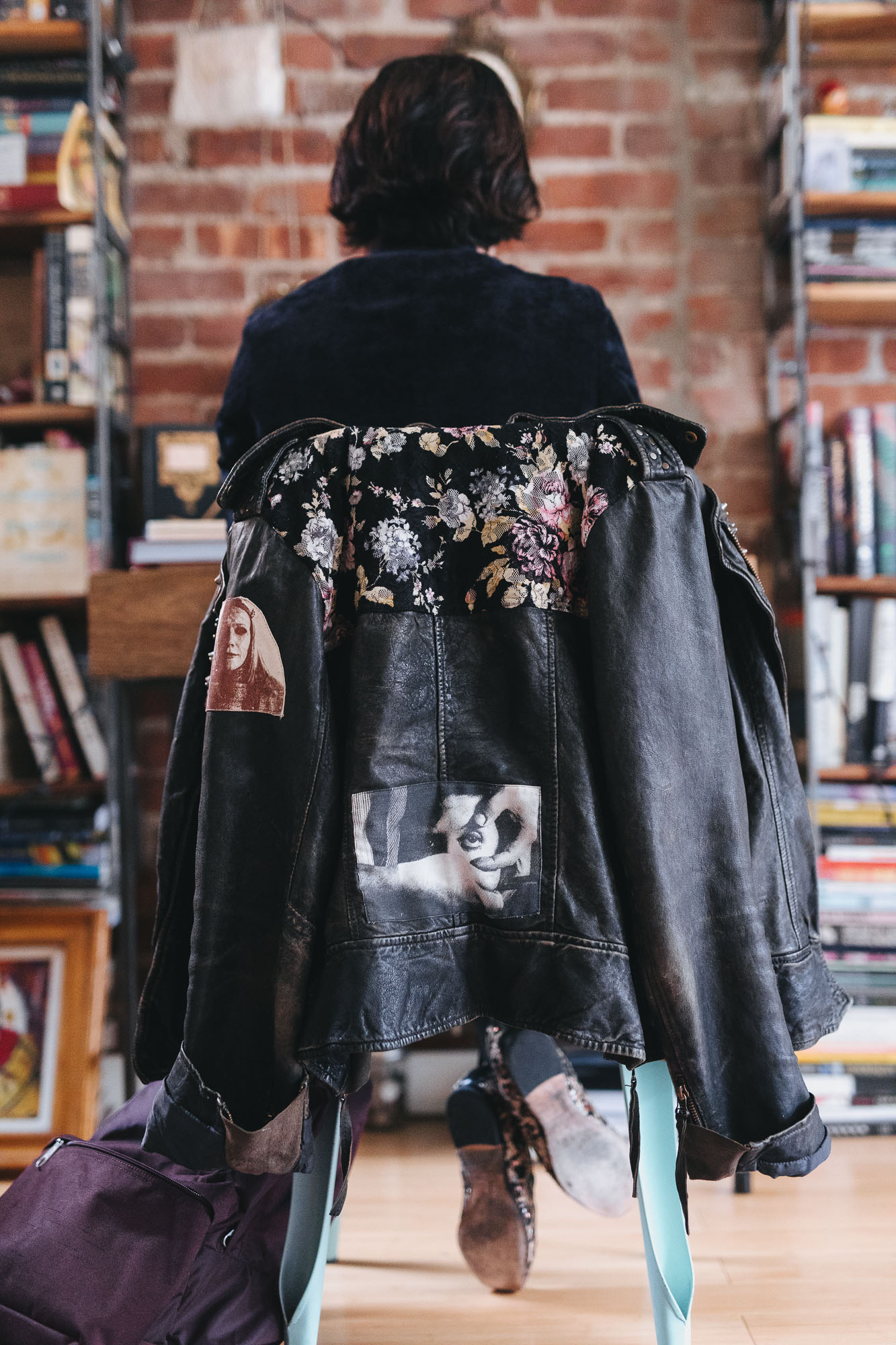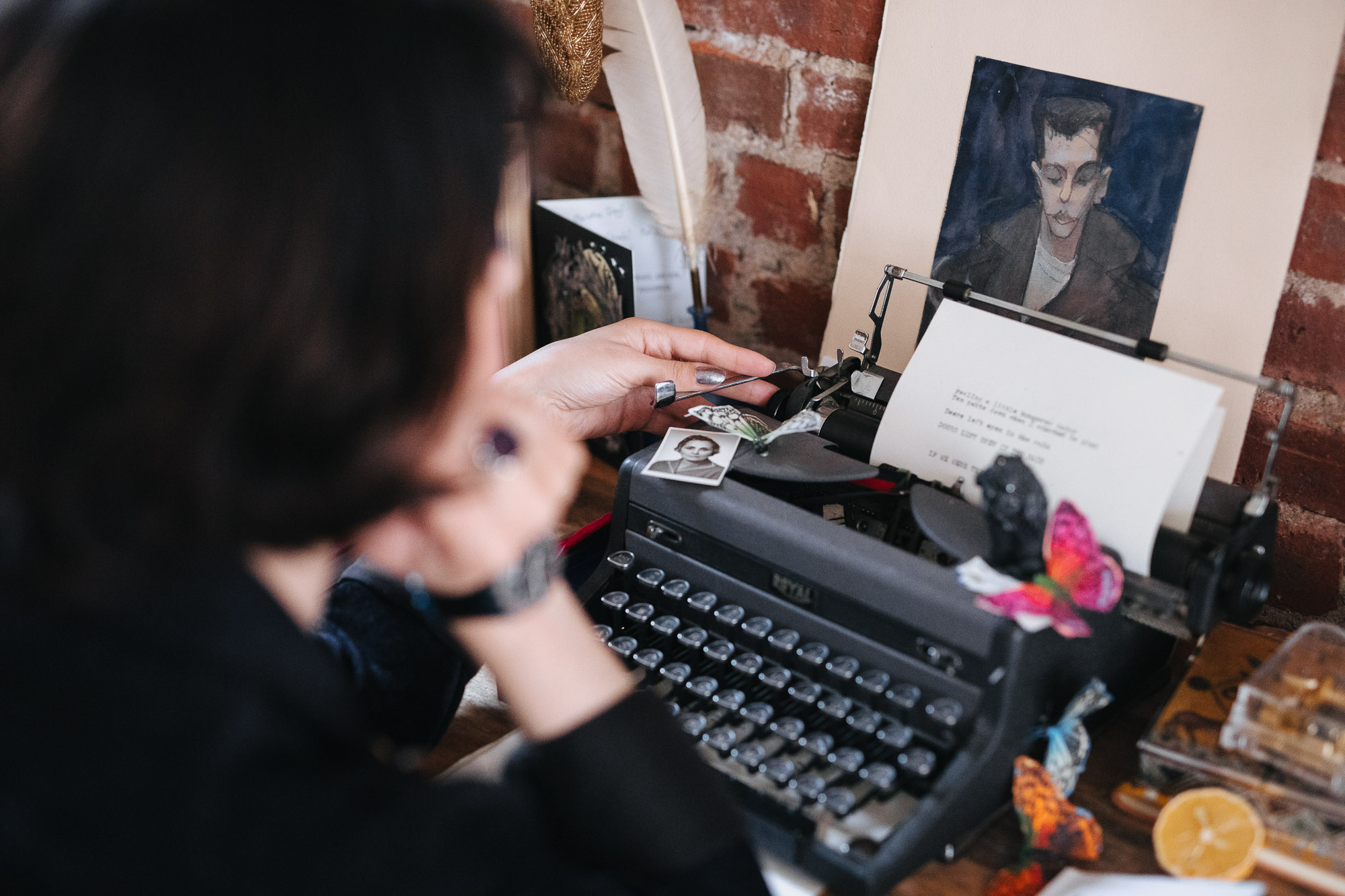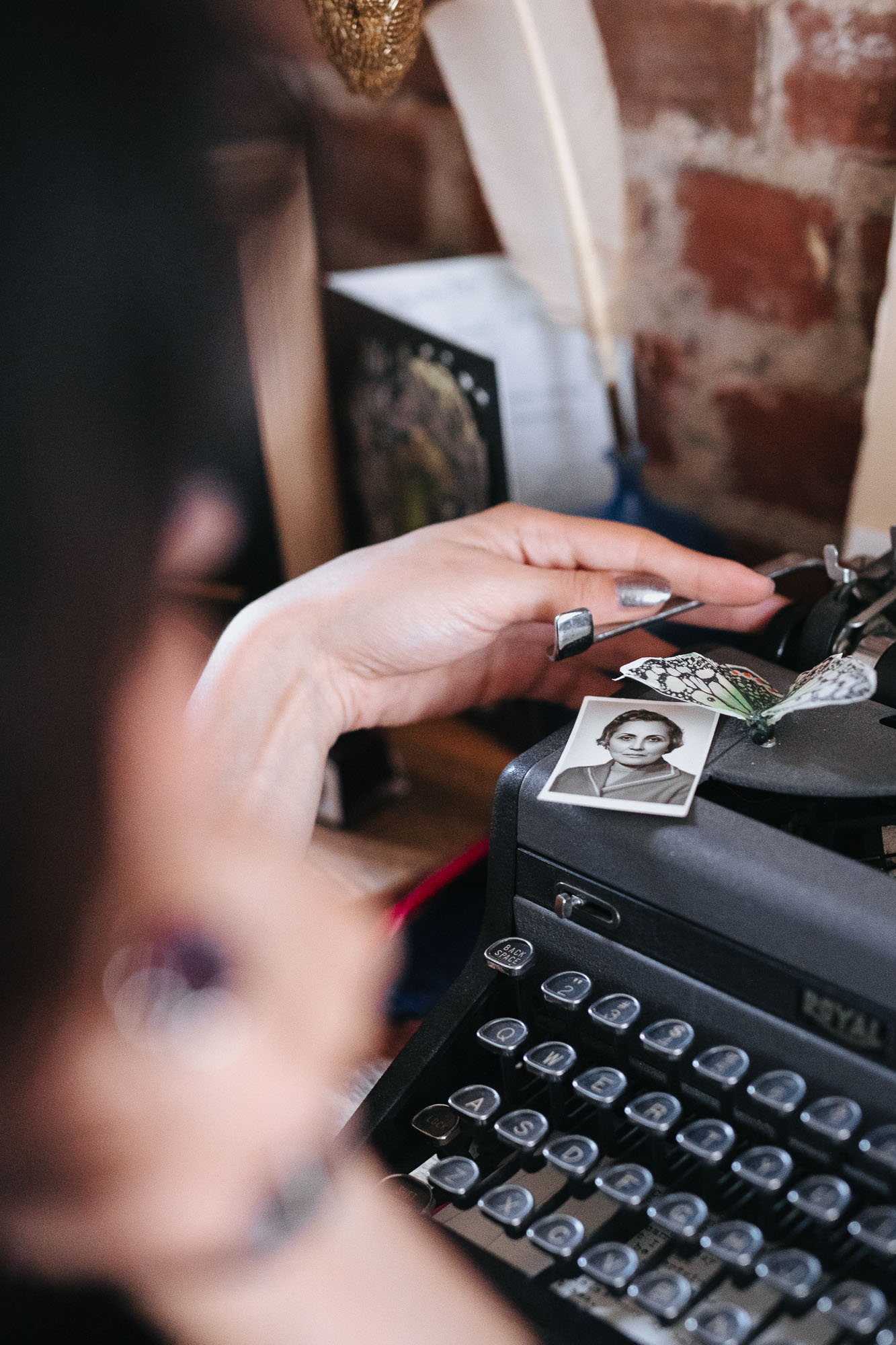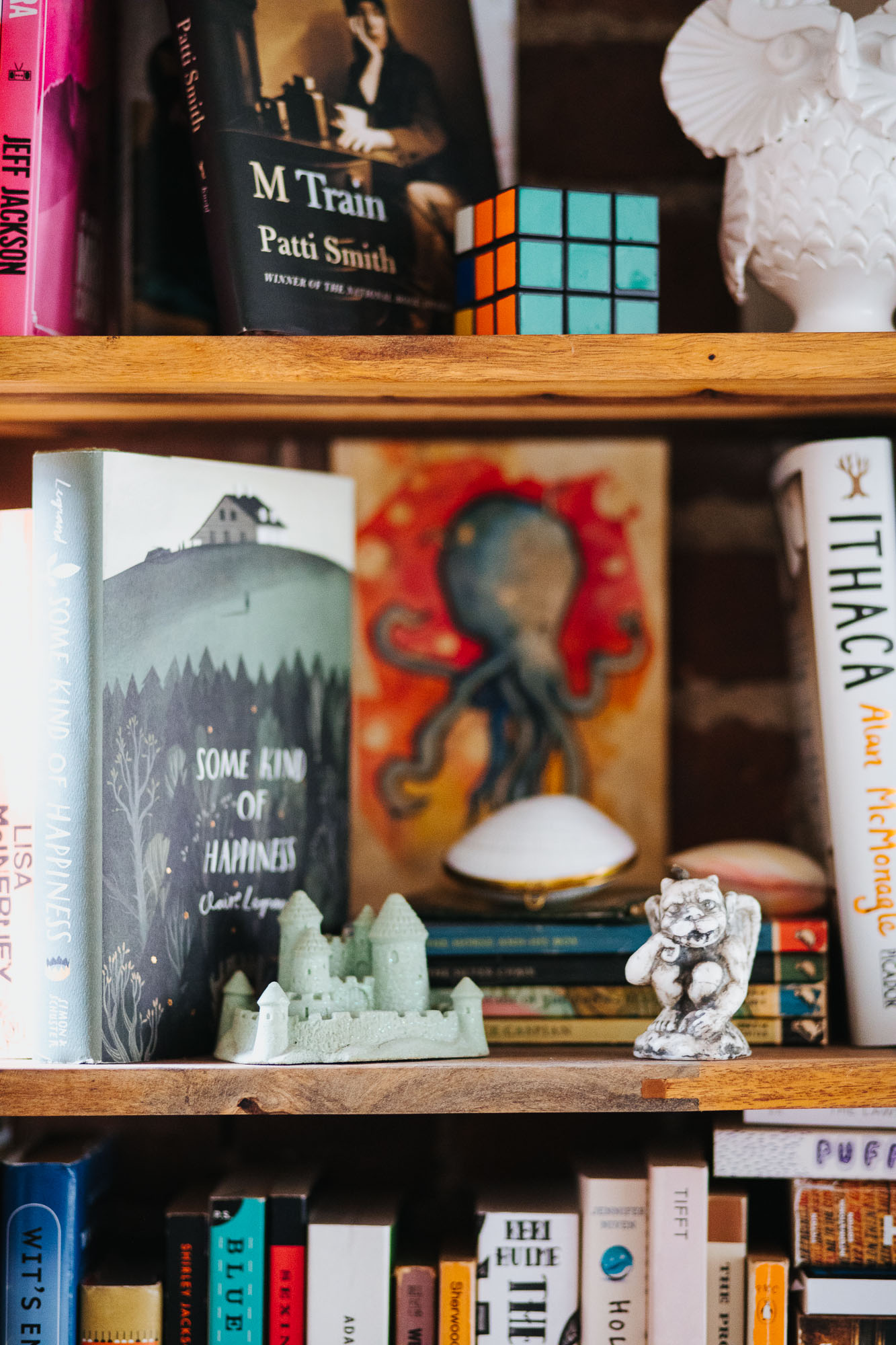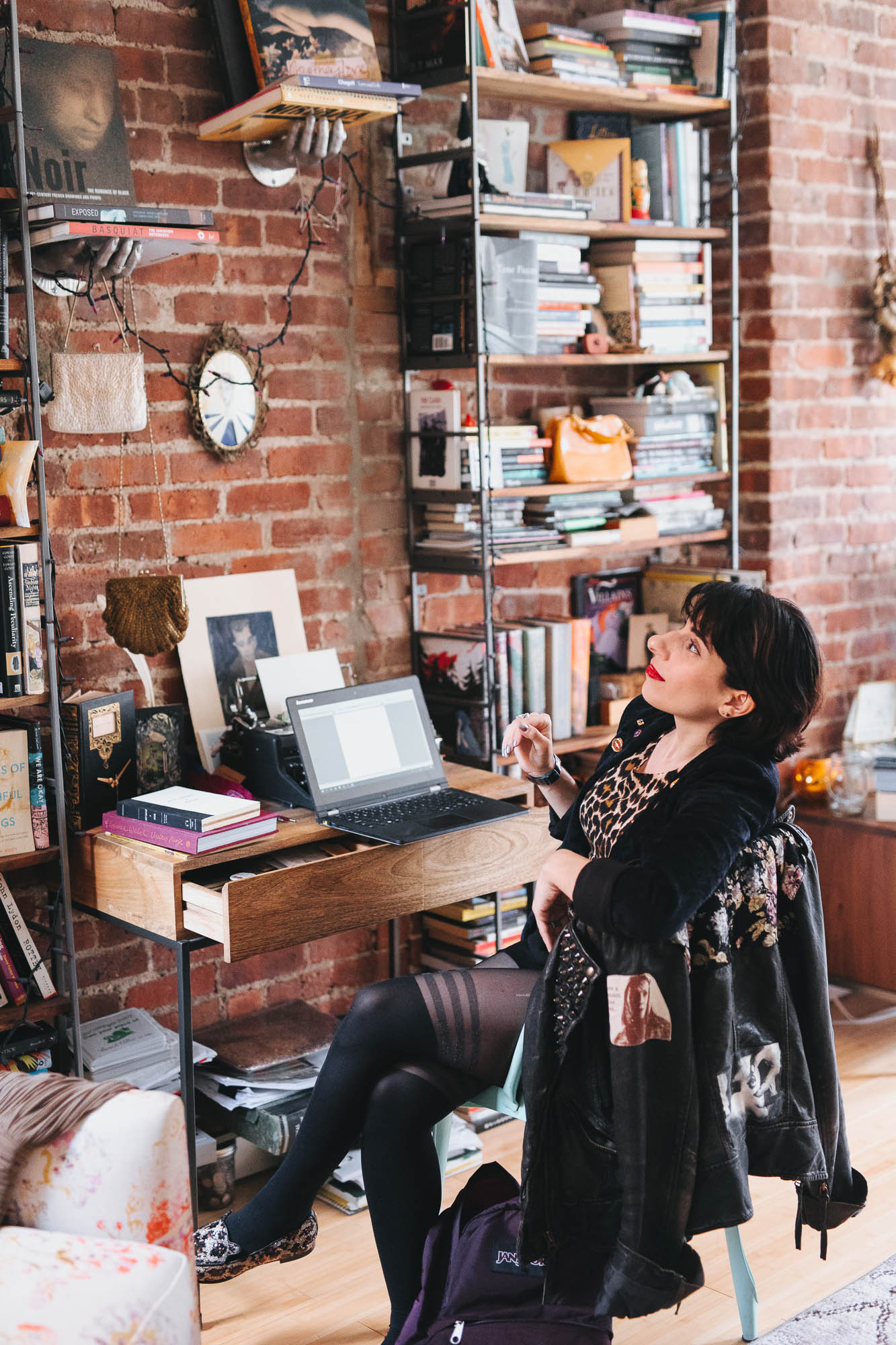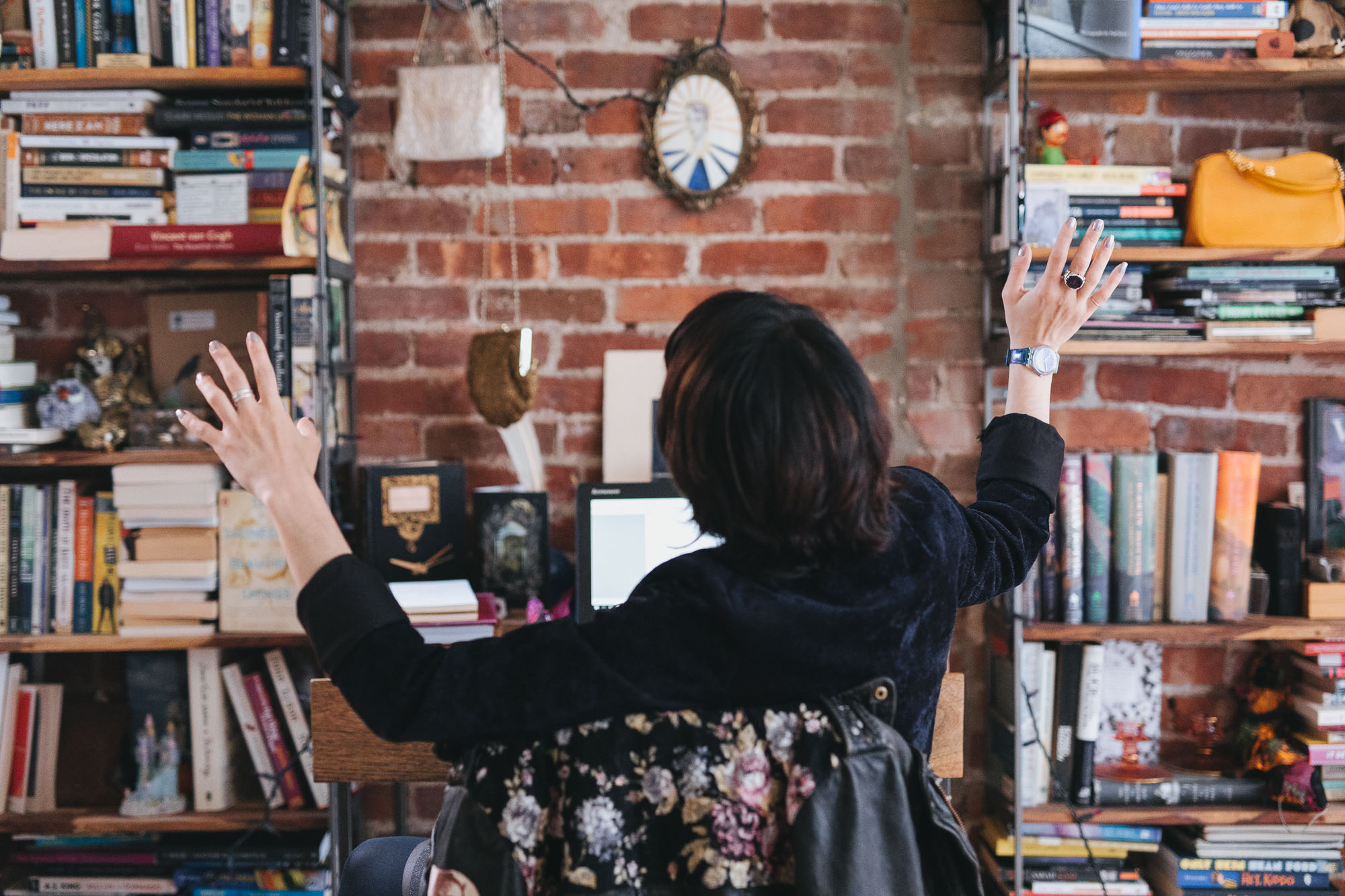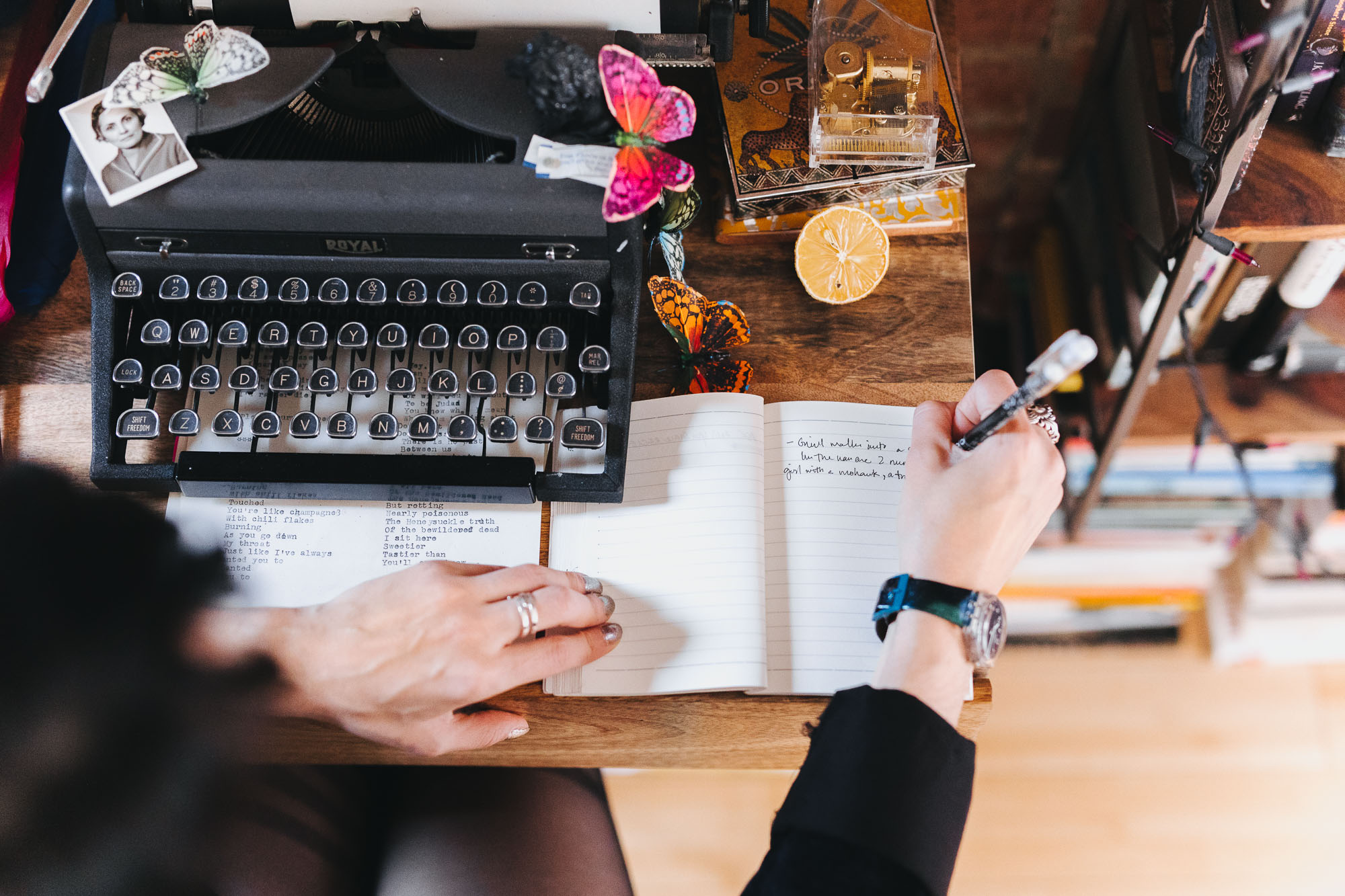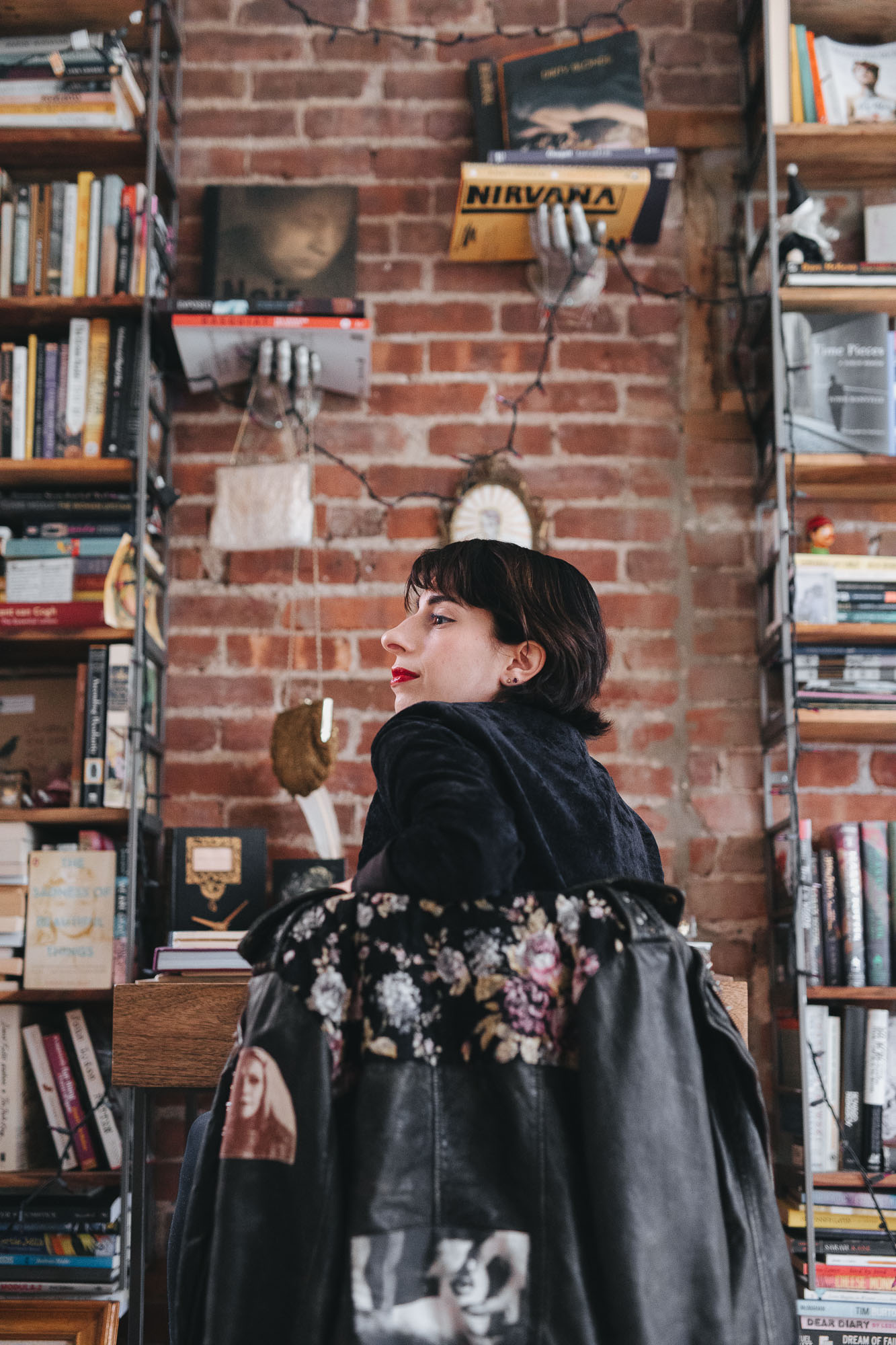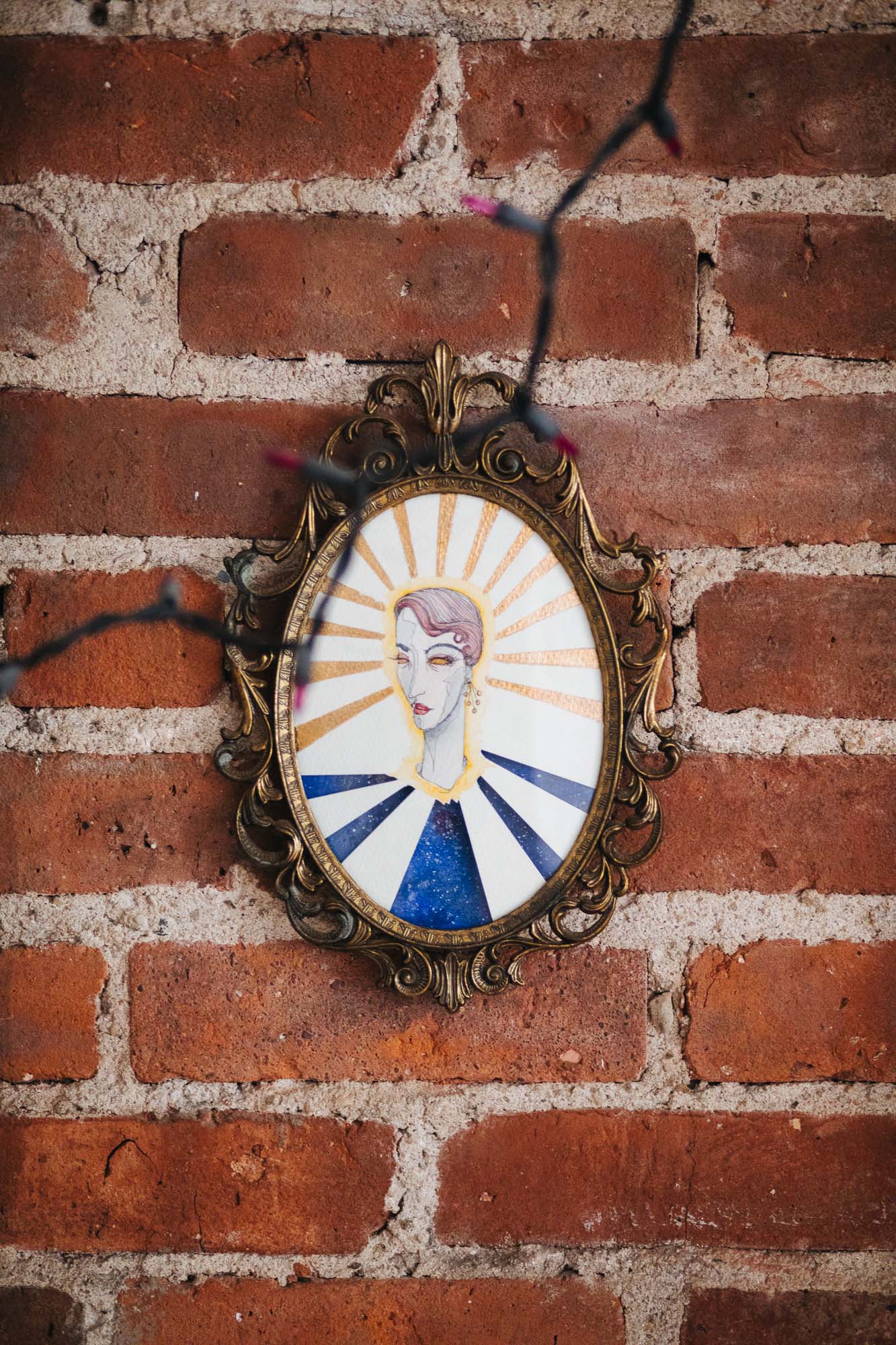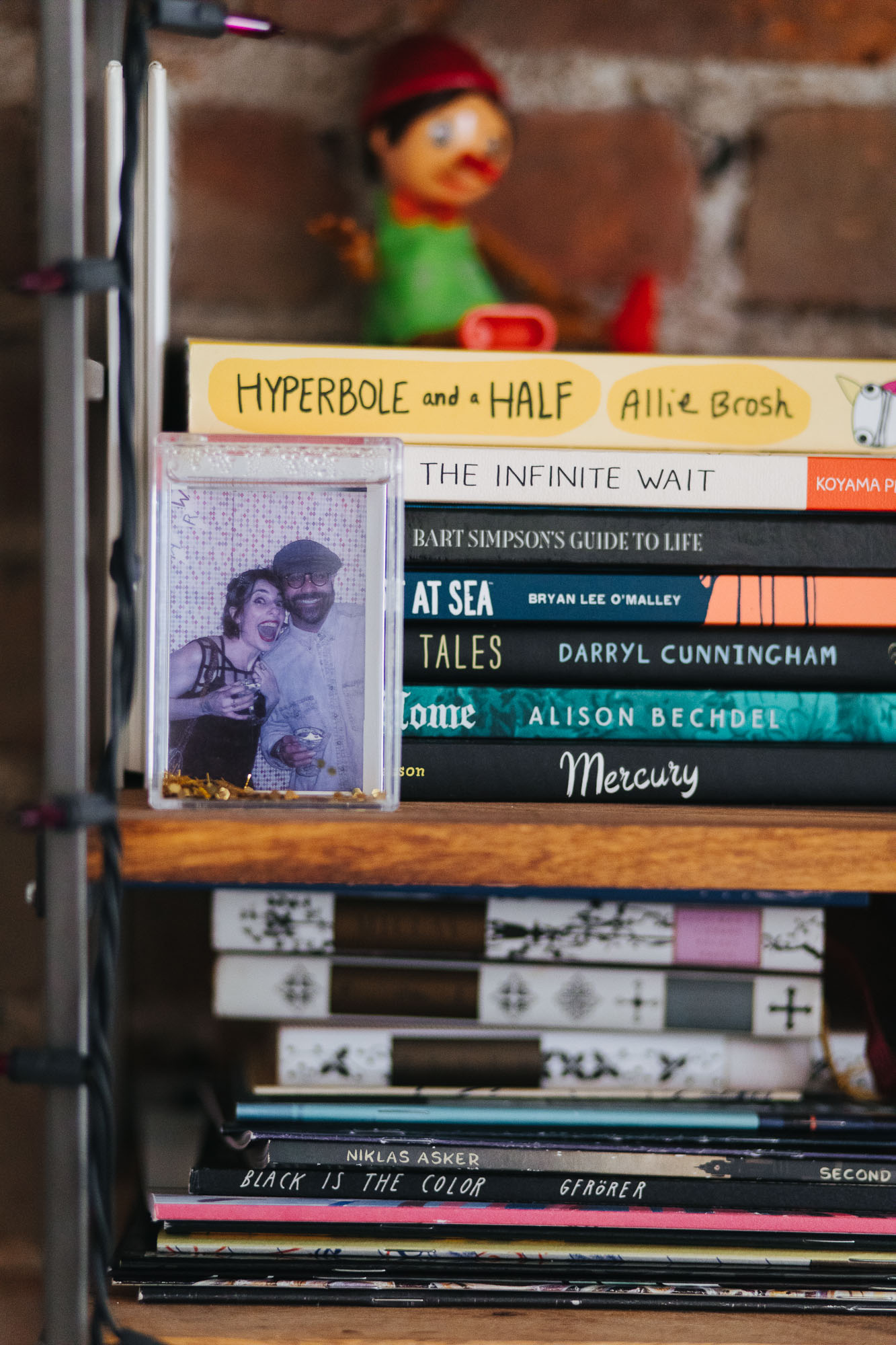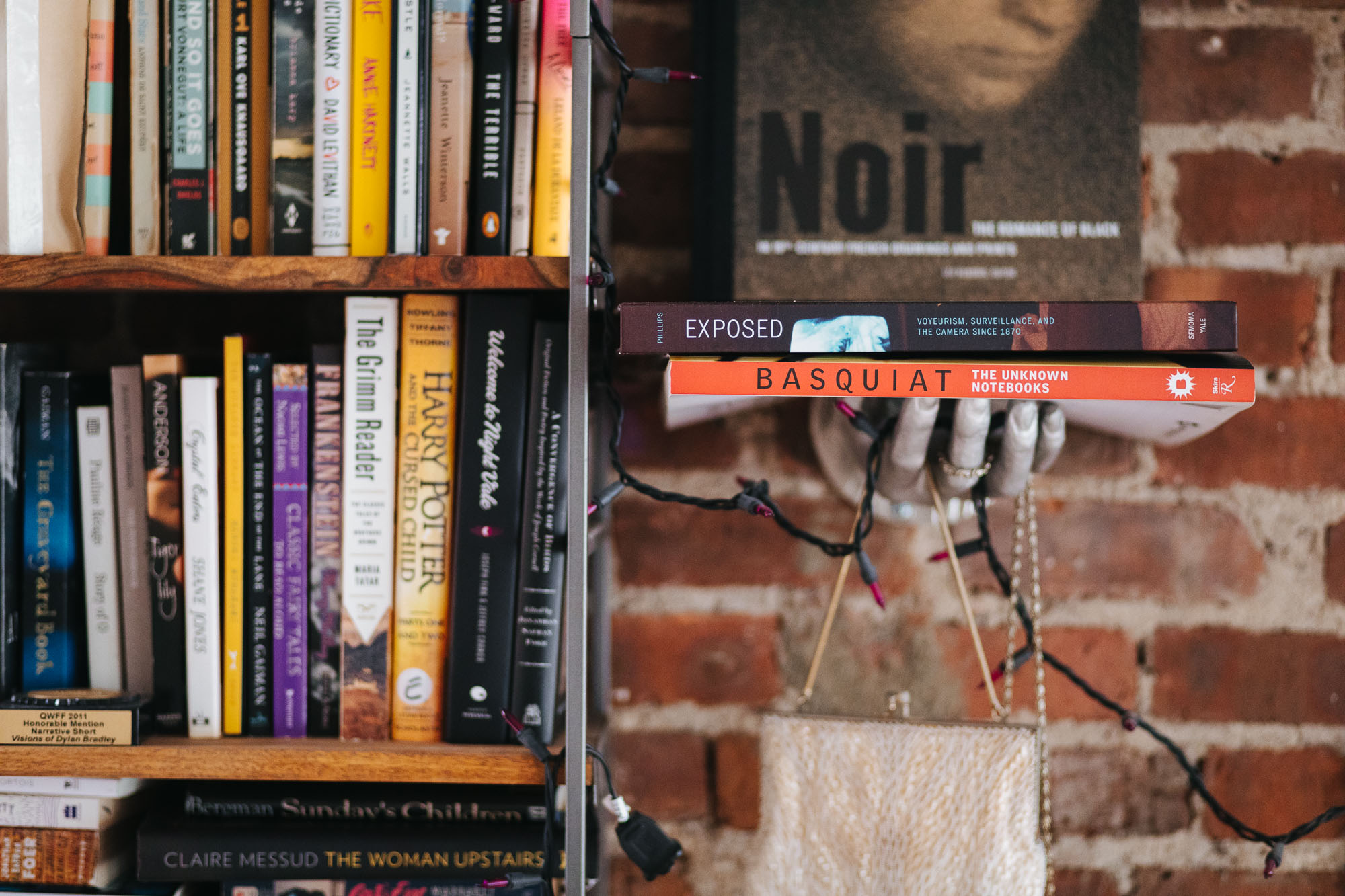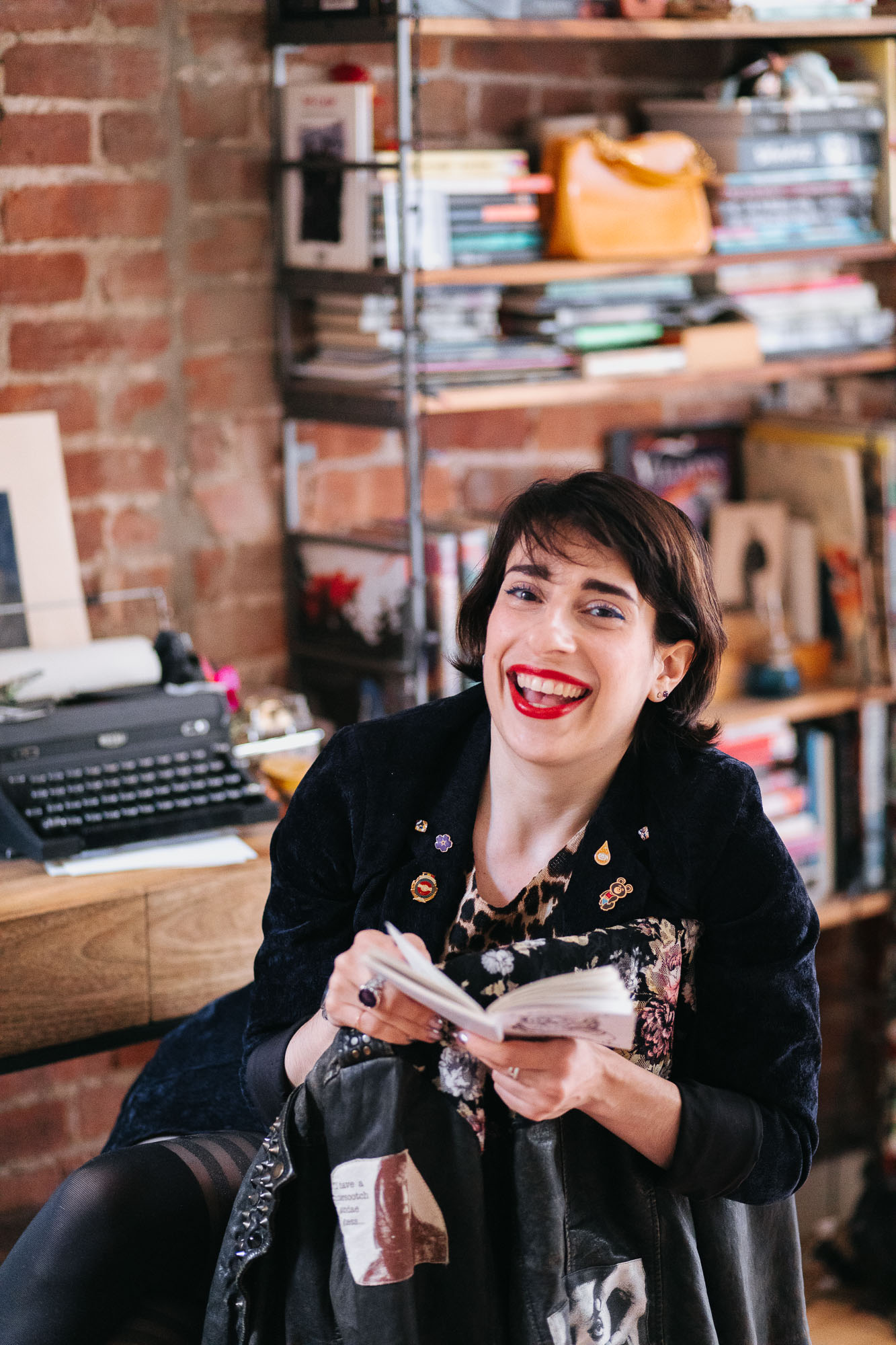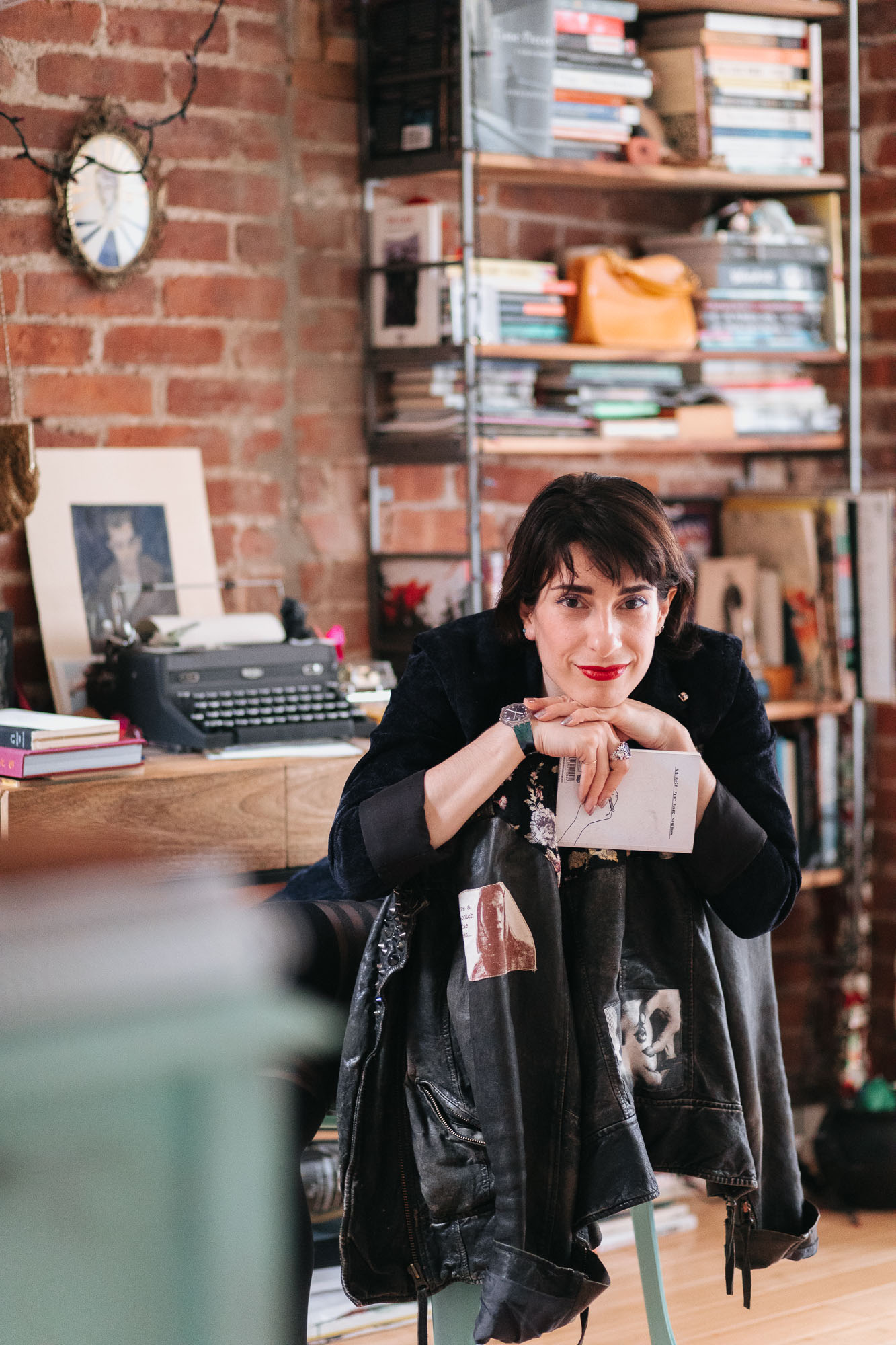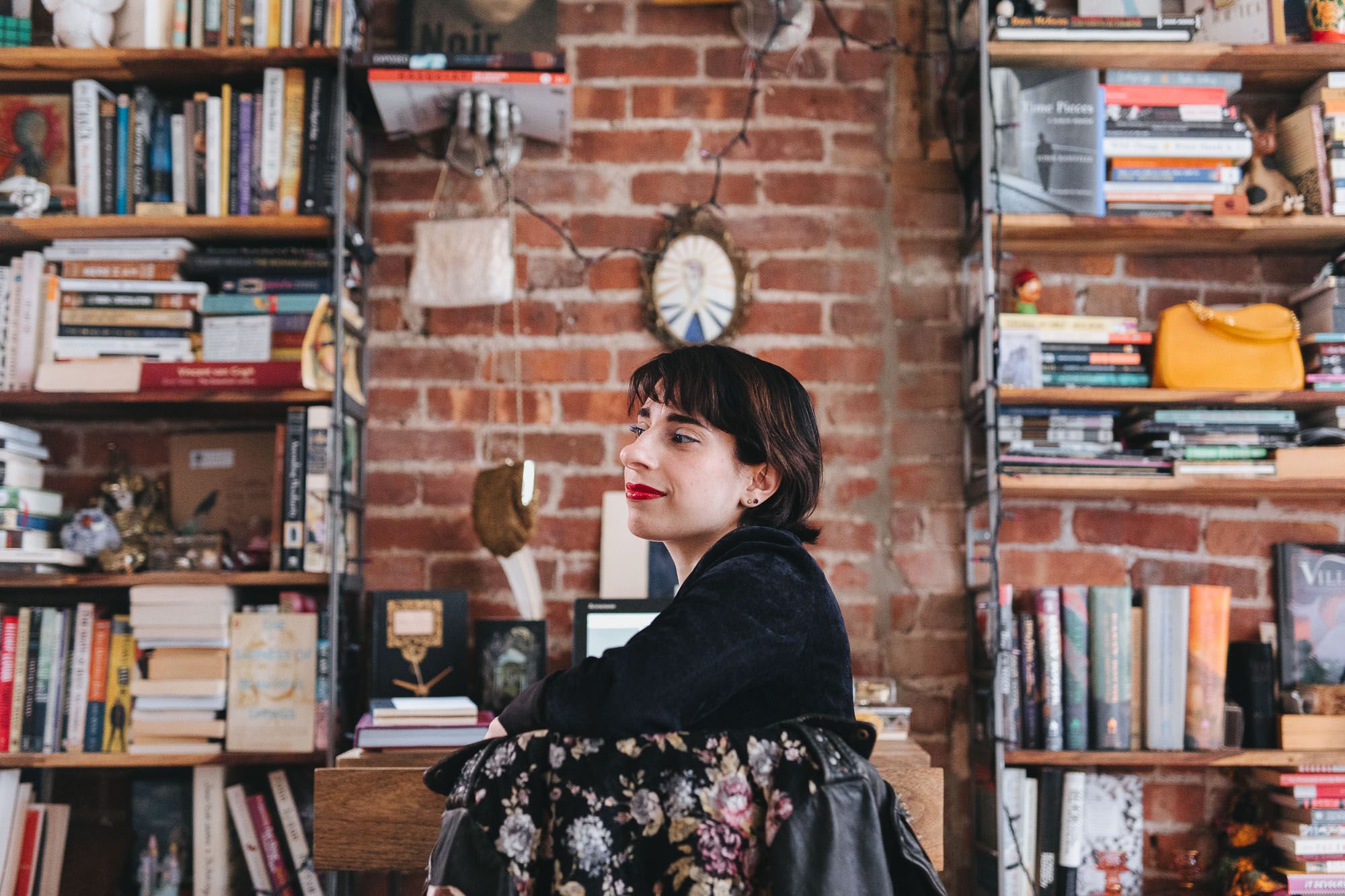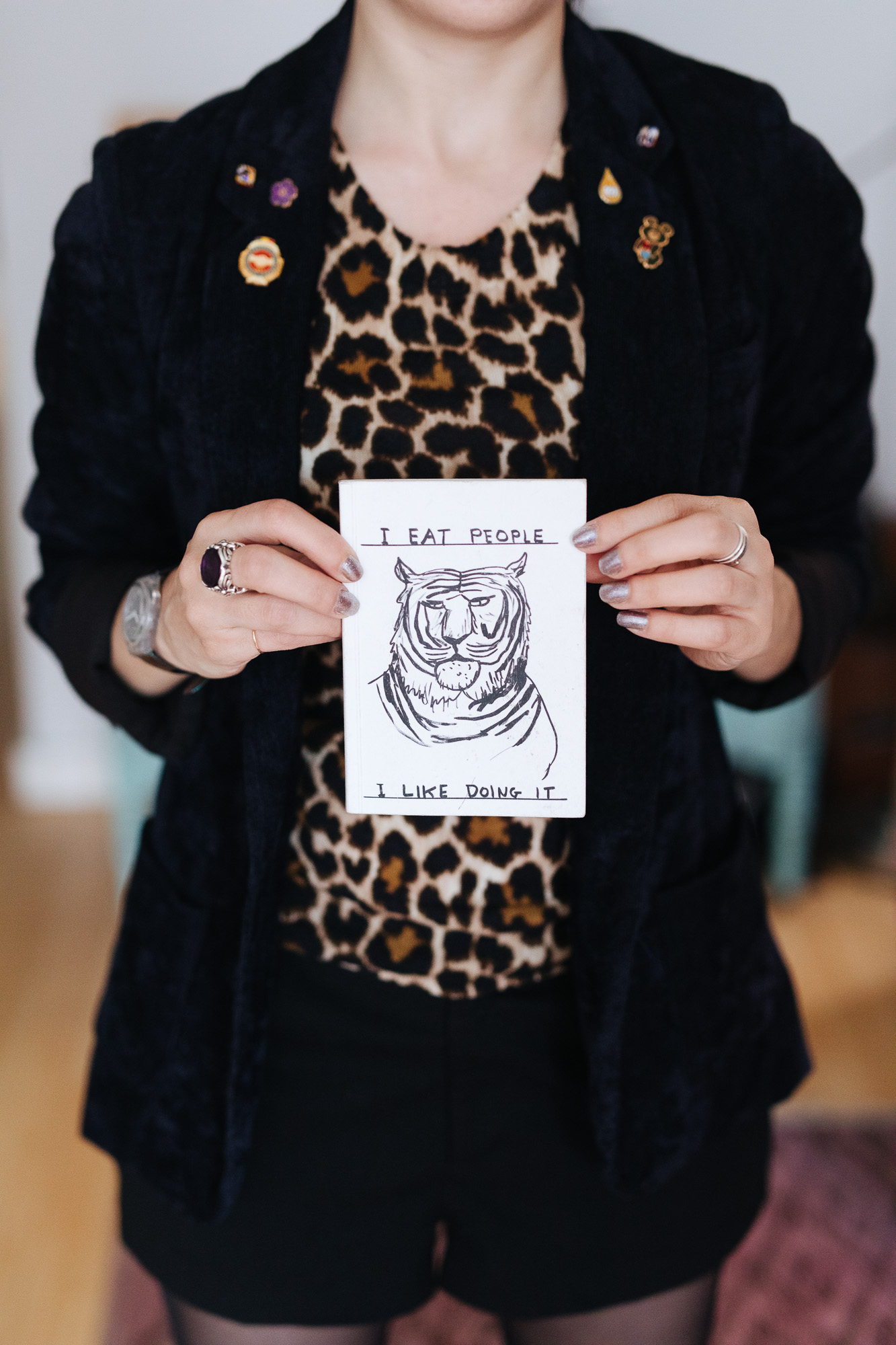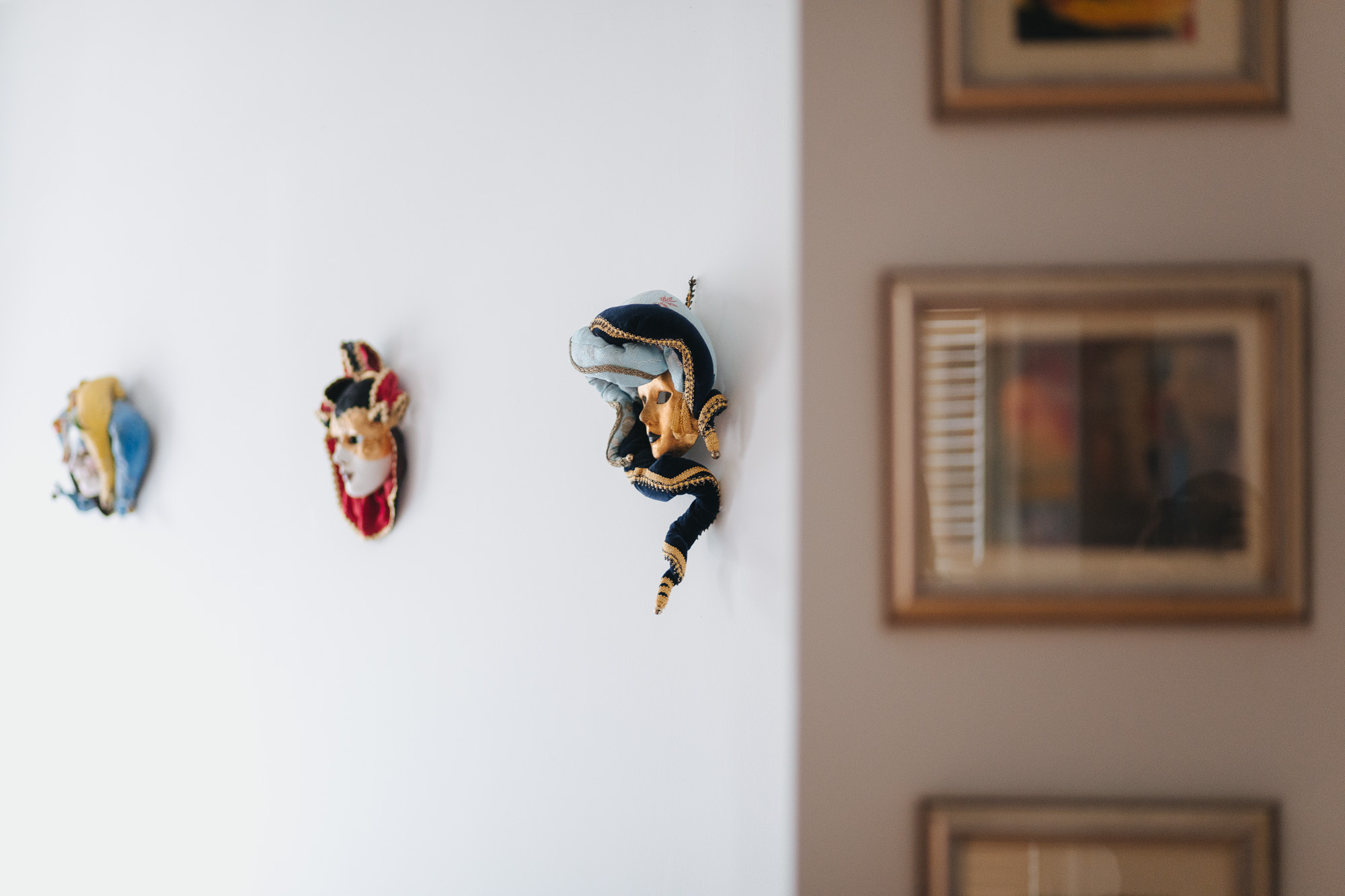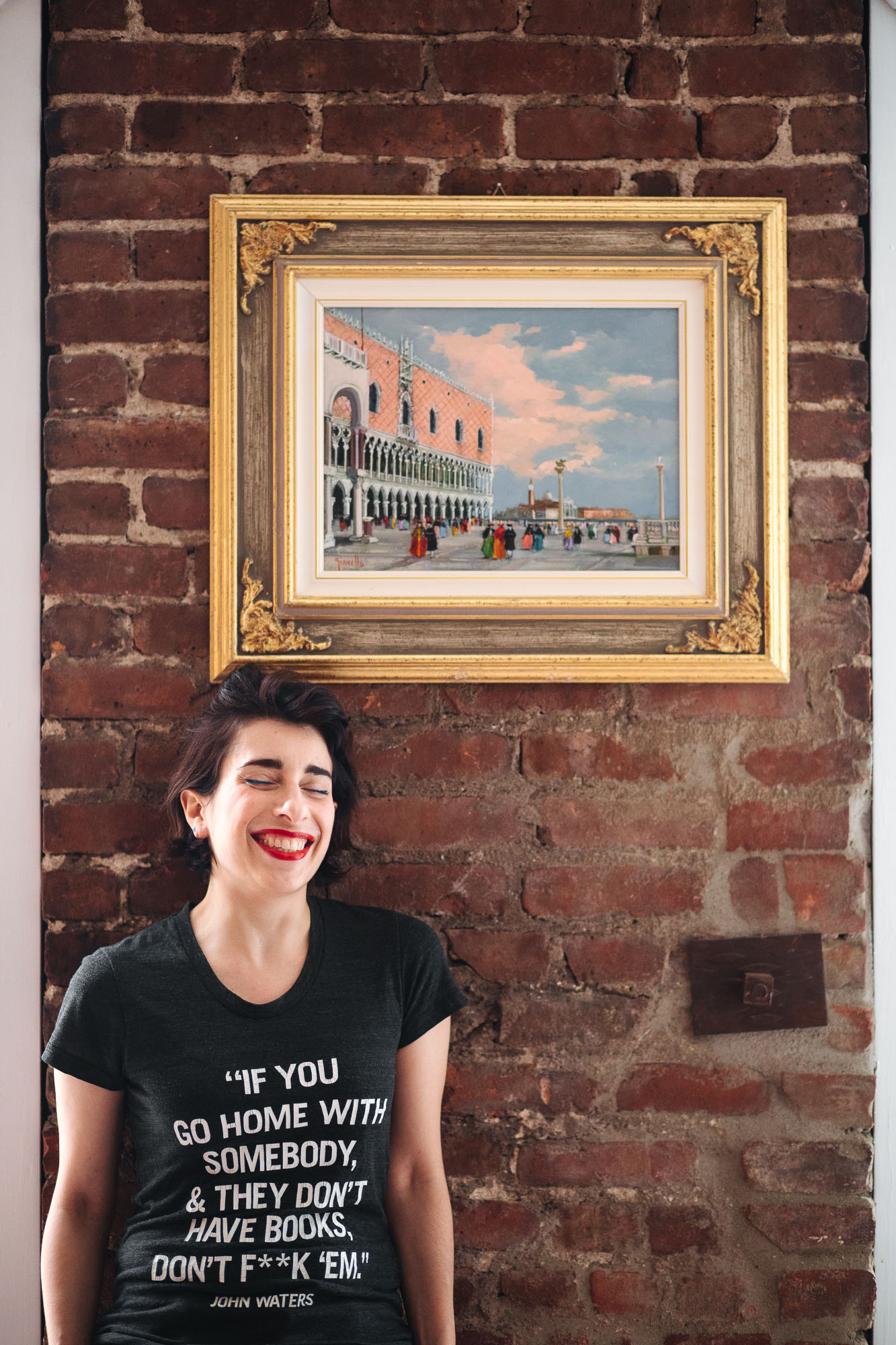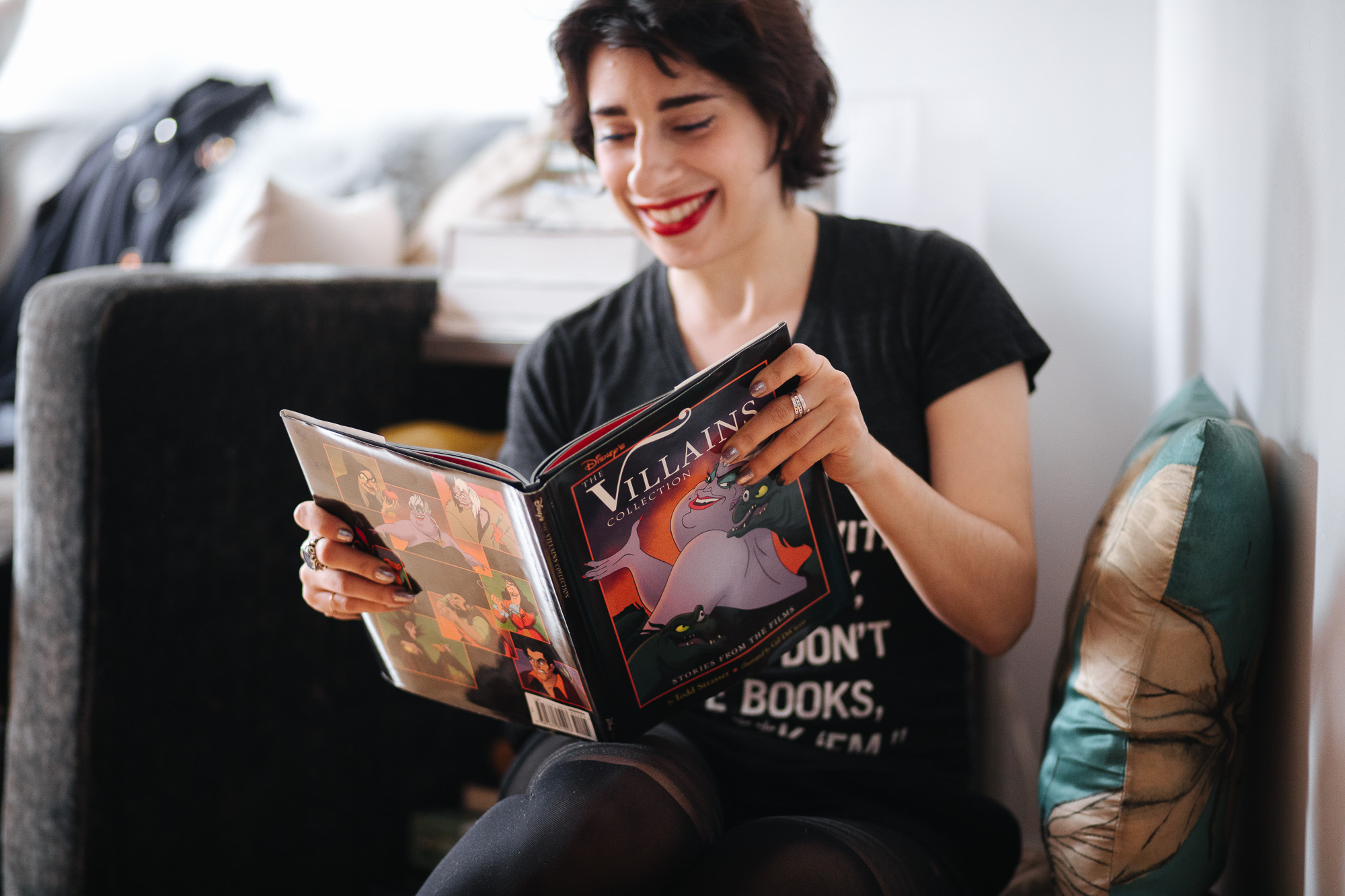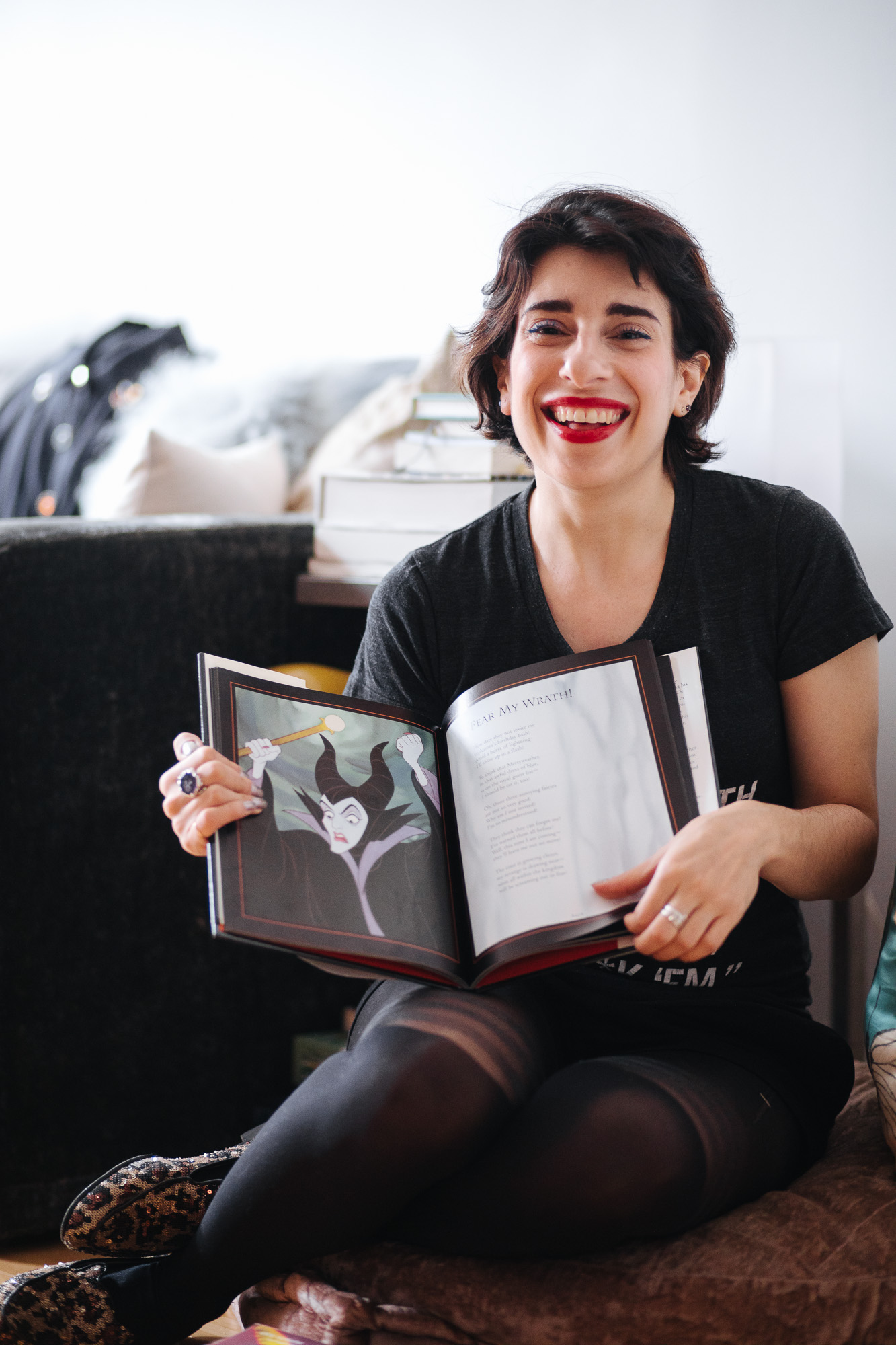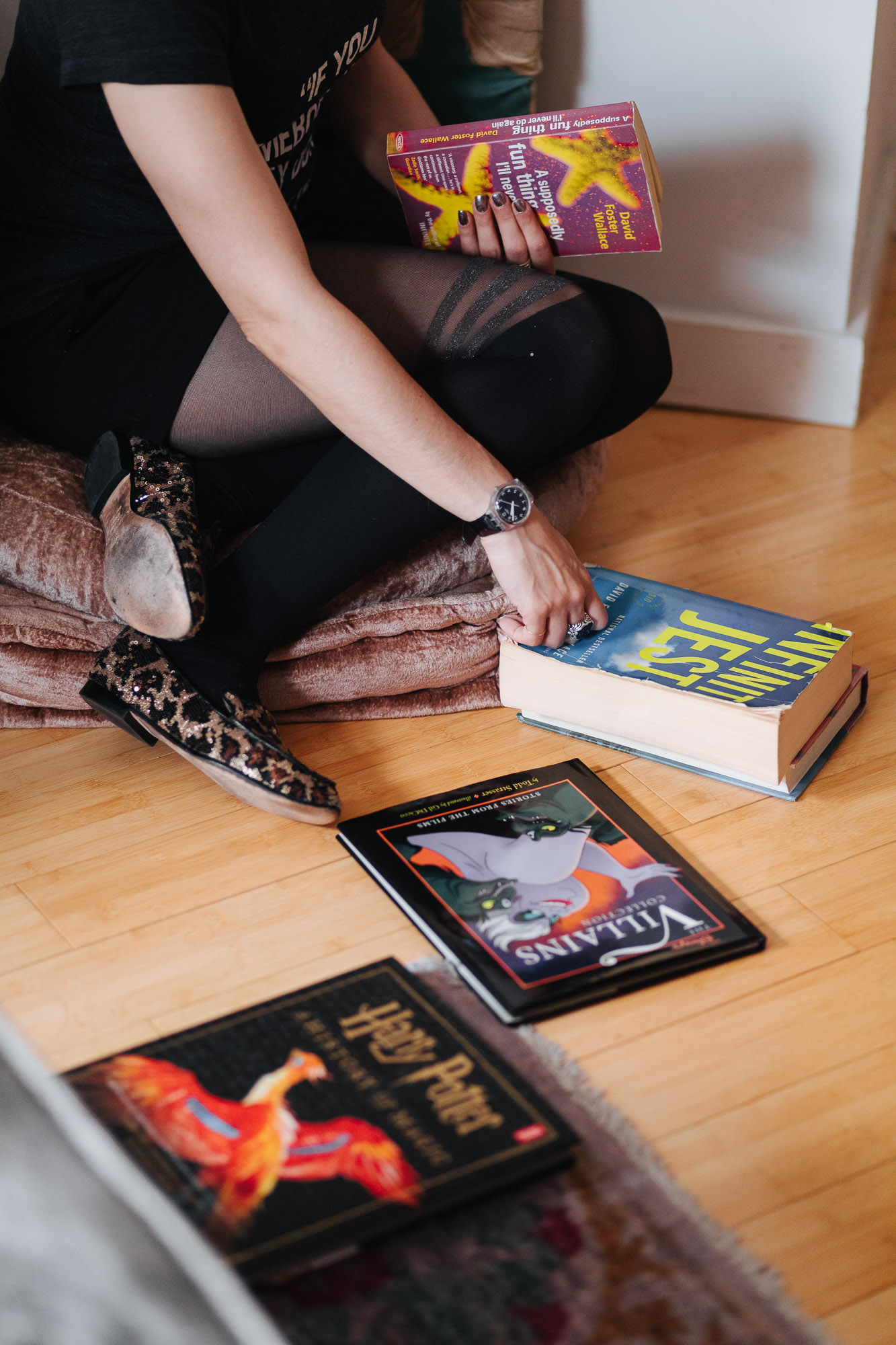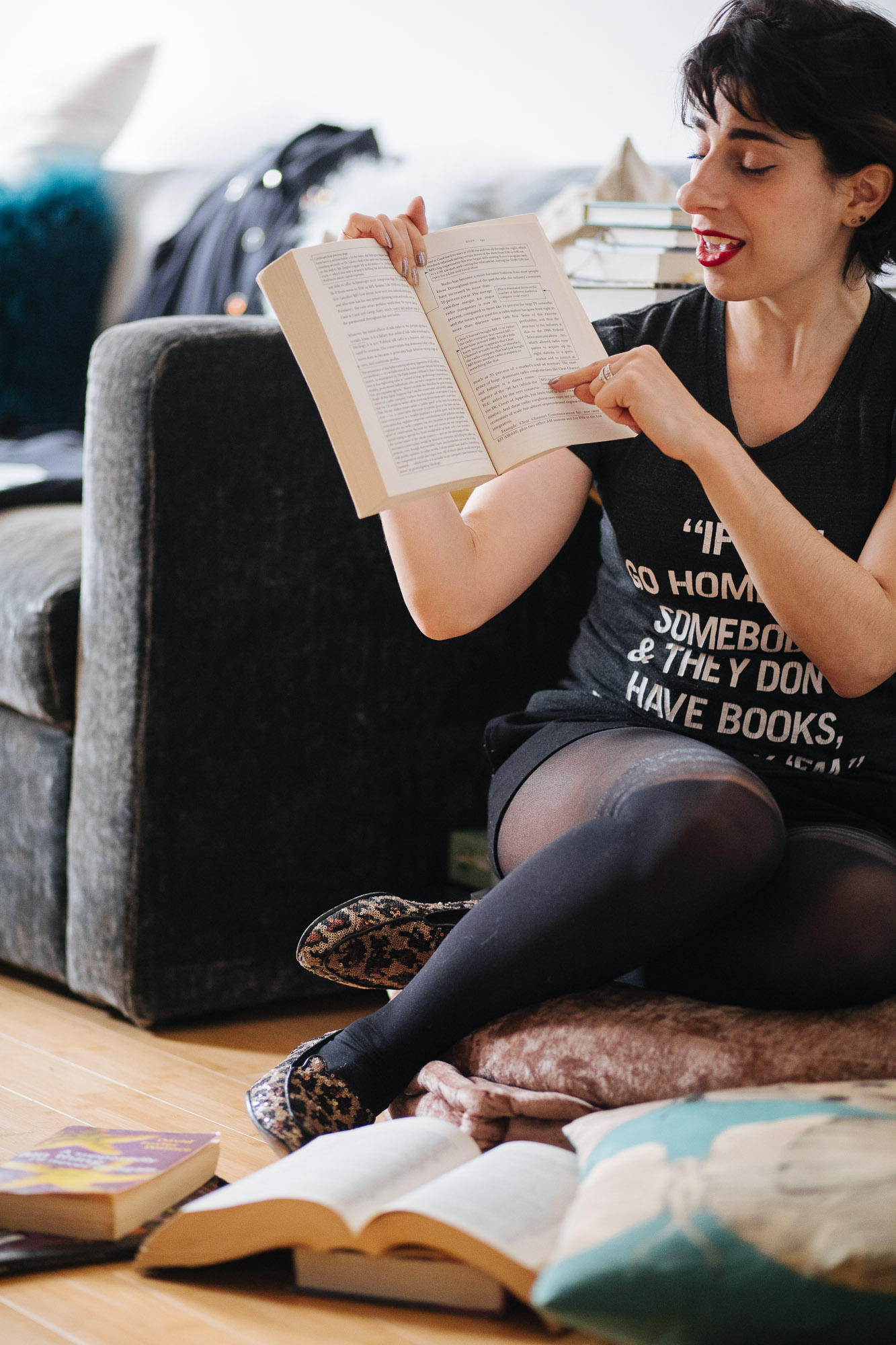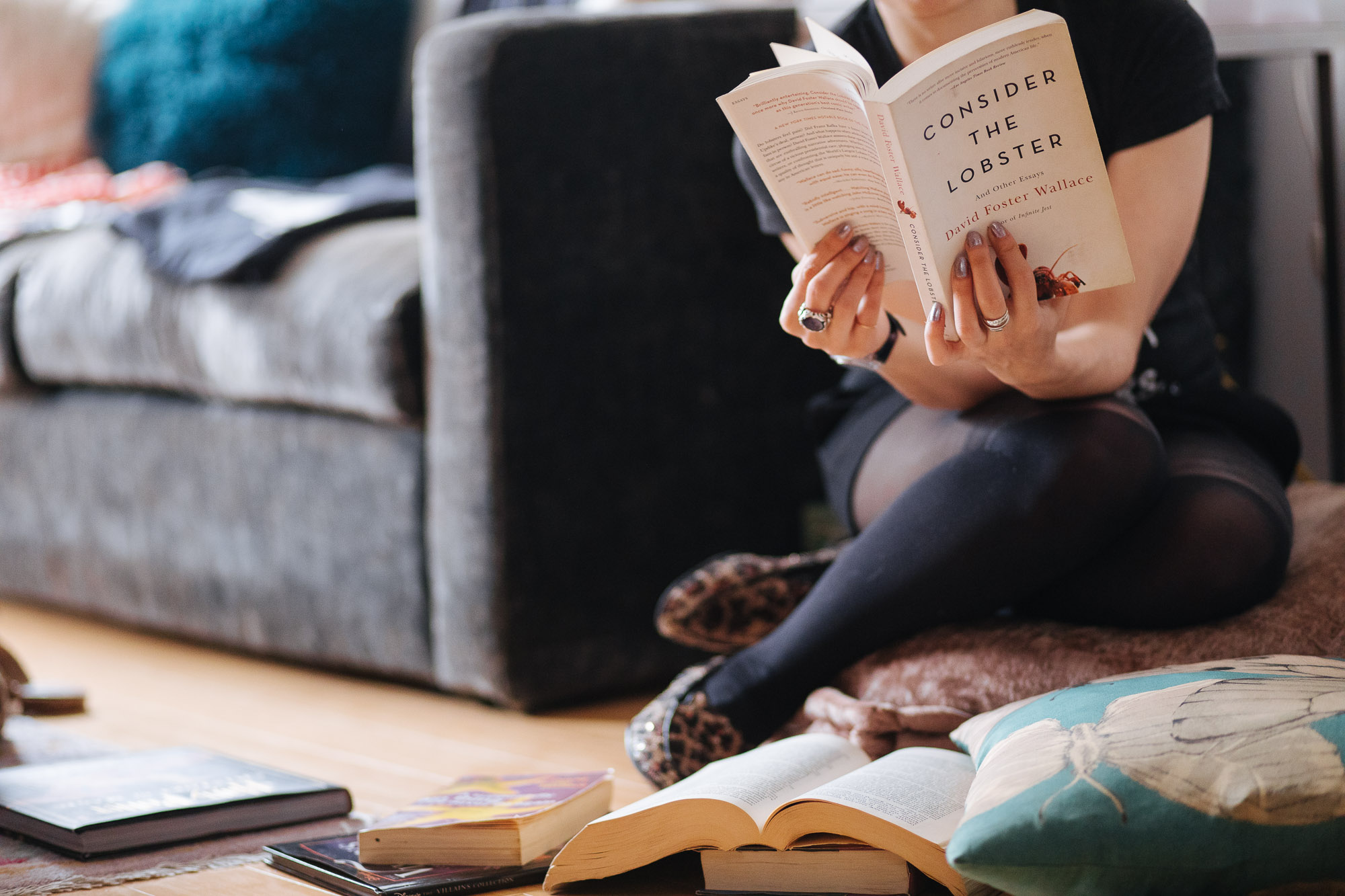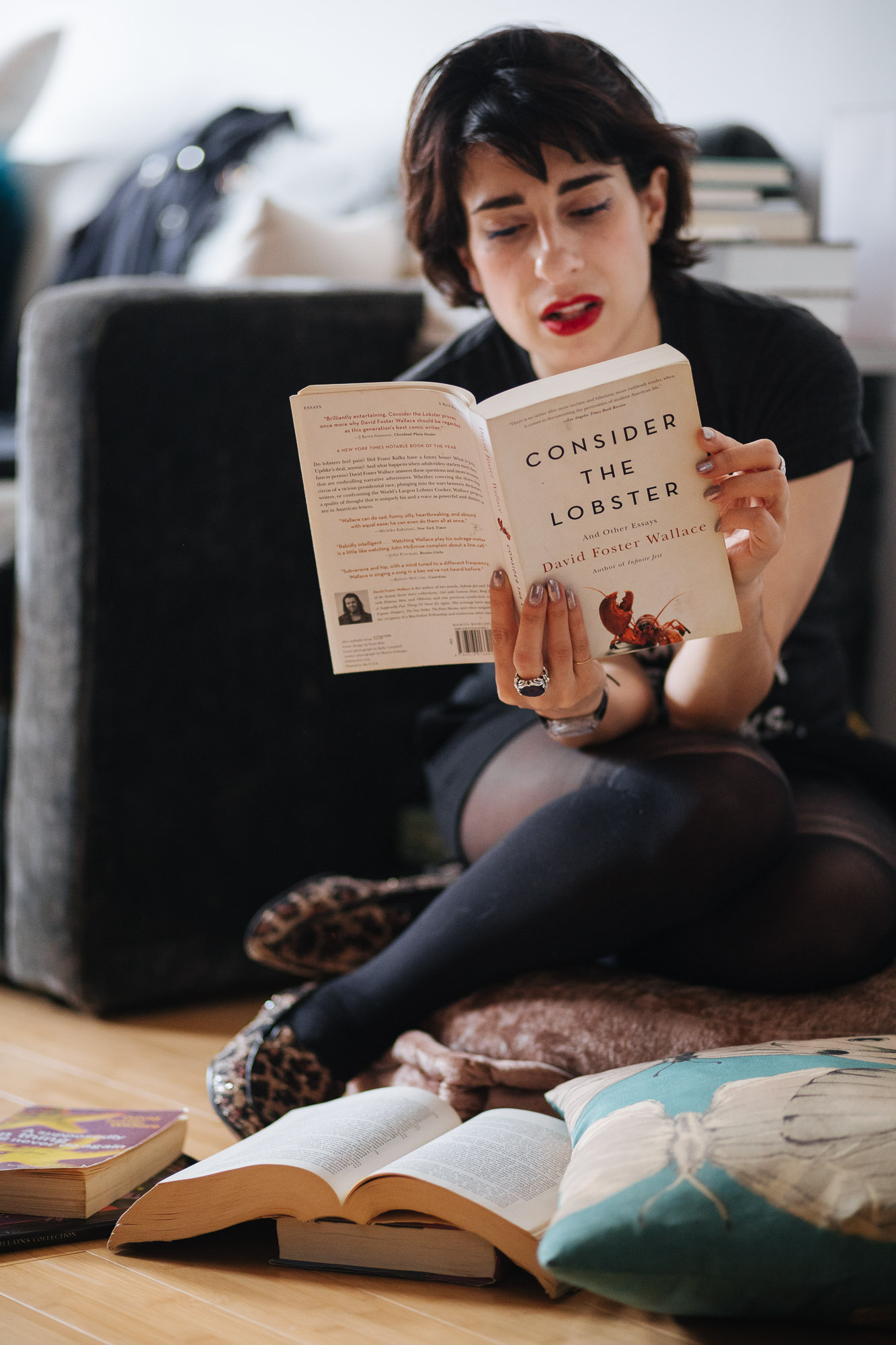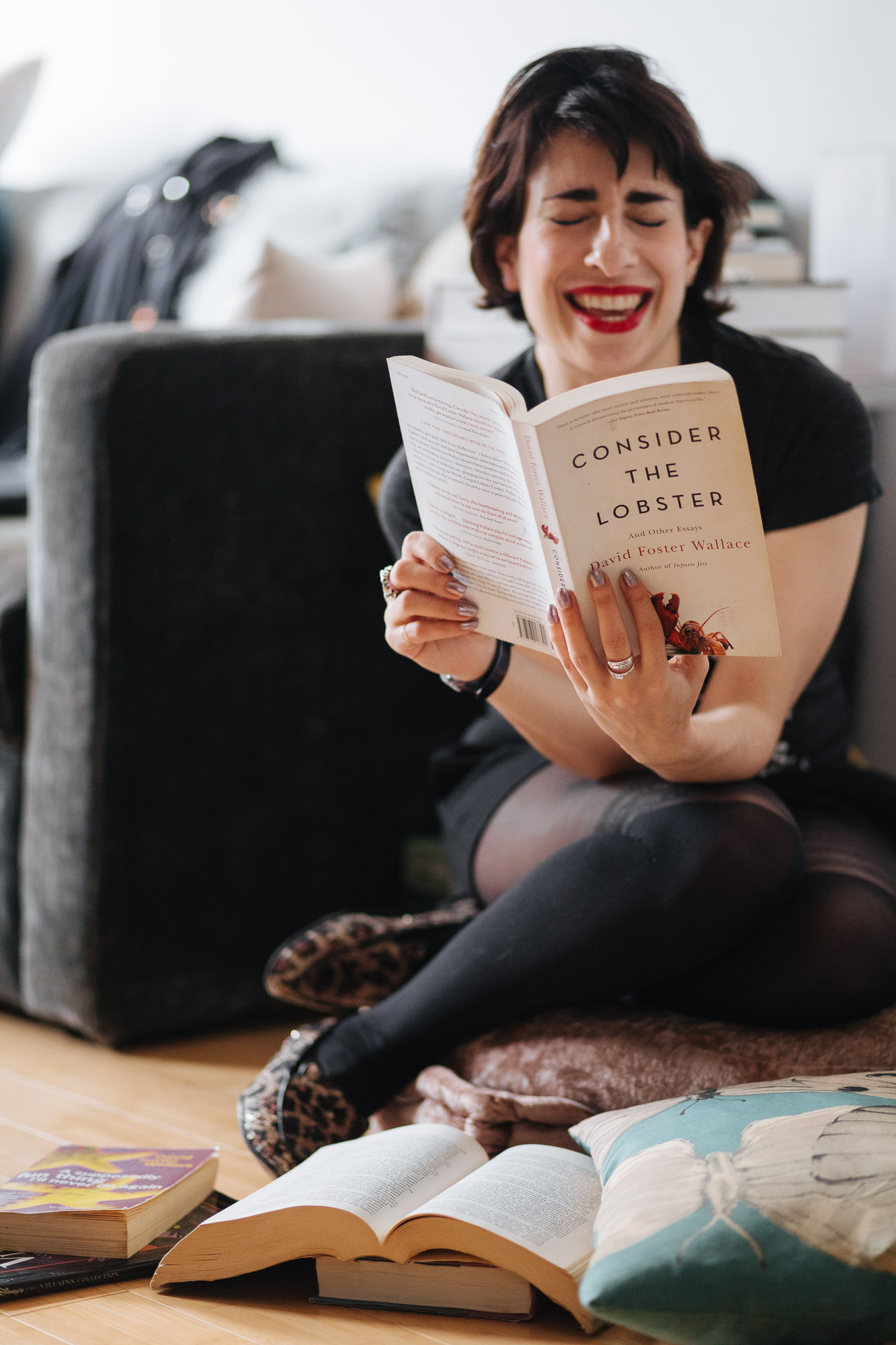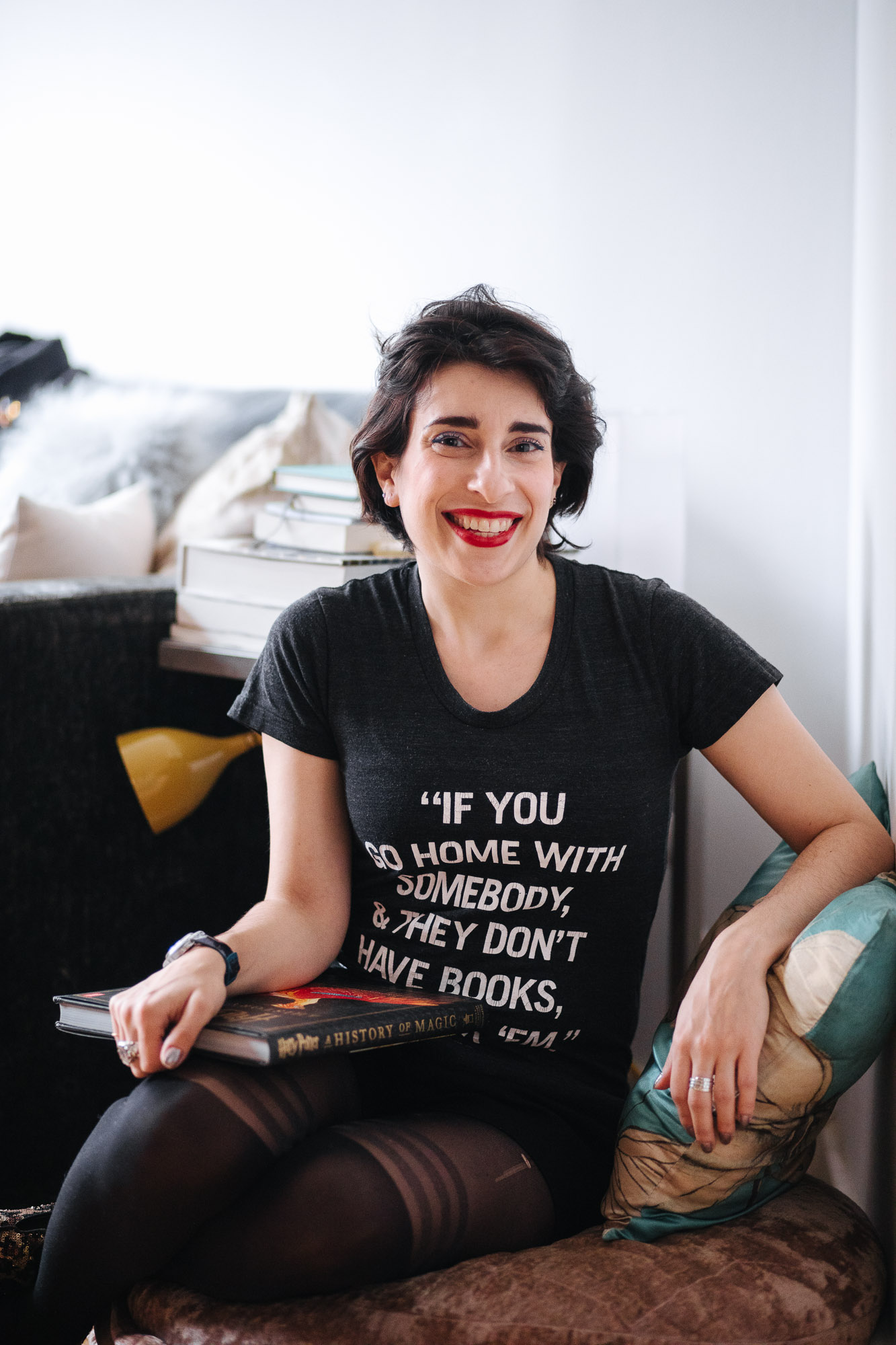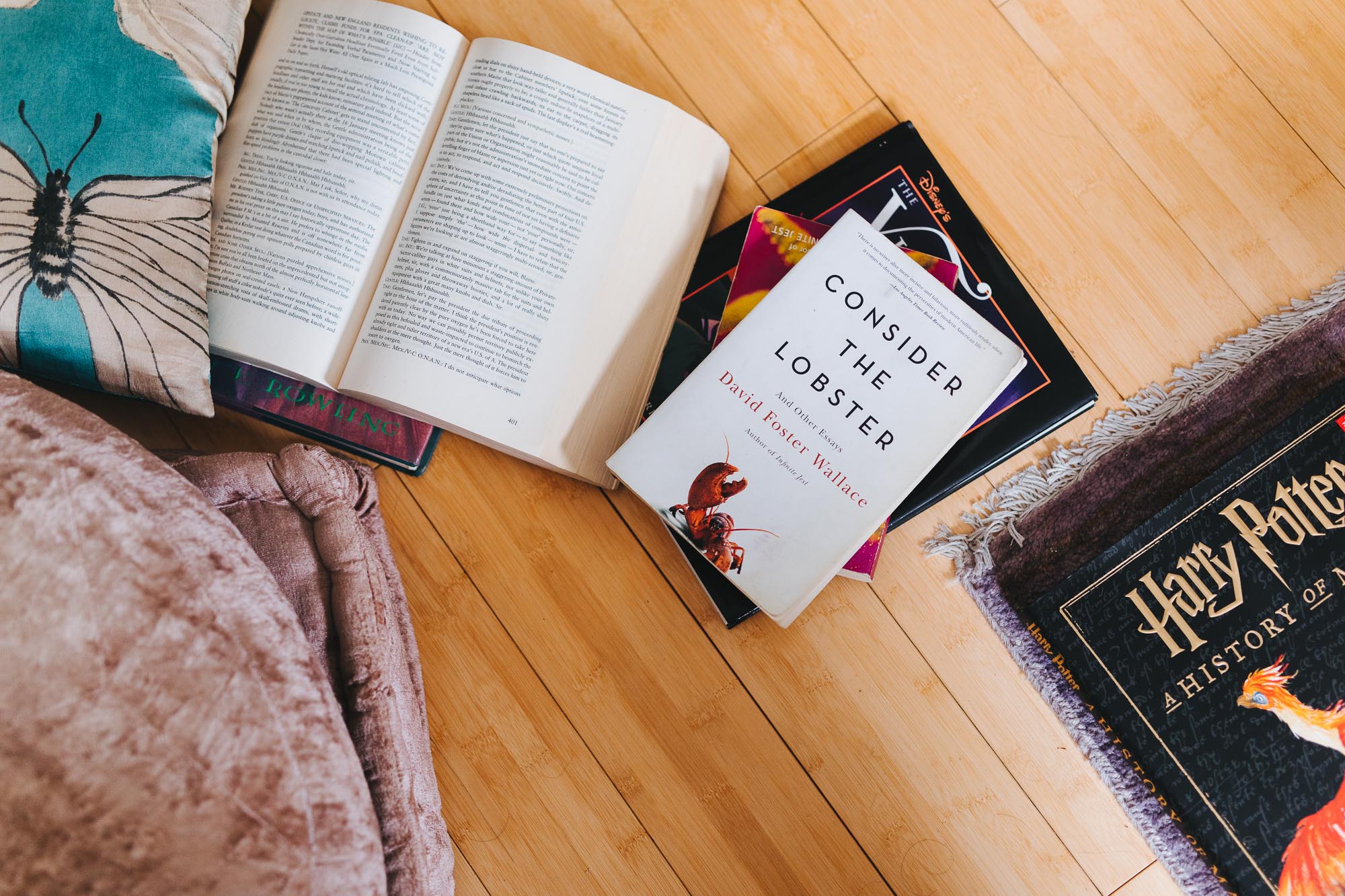spotlight: christine vartoughian
CHRISTINE VARTOUGHIAN, WRITER/ACTOR/DIRECTOR
- tell us a little bit about yourself. where did you grow up and how were you raised?
i grew up in queens, ny and am a first generation american. my family is armenian and my parents were refugees from communist romania where they were born, so i was raised with a significant blend of three different cultures. all my grandparents were really involved in taking care of me since both my parents worked during the day. one of my grandmothers that i spent a lot of time with didn’t speak any english, so even as a very tiny child i learned to speak armenian because of her. she loved watching television- her favorite show was bewitched, which is probably where my desire to make films (and love of witches and magic) originated.
when i was in second grade, my parents separated and i was taken out of armenian private school and put into a very diverse public school. it was there that i began to make friends with other kids from families from all over the world. nearly everyone was either born in another country or the first person in their family to be born in america. it was the best place because while each individual was unique, because of that we were also all equals. my closest friends were like family, and we embraced each other’s nationalities- celebrating a vast variety of holidays, food, language, clothing, and games together.
christine’s eclectically filled book shelf
- what are some challenges that first and second generation americans face when it comes to navigating personal identity? and what challenges did you face personally?
i never really felt completely american or completely armenian, and i still don’t. i still feel a little strange saying that i’m american because i feel like that’s leaving out a huge part of my foundation which is armenian, but then people challenge me when i say i’m armenian by saying that i am a us citizen so that makes me american and not armenian. figuring out how to combine and navigate and be tolerant of the armenian and romanian culture with the “american” culture is sometimes tricky for me, especially when it comes to people expectations or preconceived ideas about me. the commonly told story about immigrant parents wanting their children to become doctors or lawyers is a very
real thing. and then there are my personal relationships- i remember a boyfriend i had in college being over at my mother’s house for dinner and not wanting to even try the food that was served because it was too strange/foreign for him, which, i can understand but only to a point. i remember my grandmother picking grape leaves from the garden to make dolma (yalanchi sarma in armenian) and thinking, no thank you, i’m good without eating grass- but hey, i tried it!
- have you ever experienced someone making assumptions about your background (race, ethnicity, culture, nationality, etc.). if so, what kind of assumptions were made and how did you deal with this?
when i first visited savannah, georgia to see if i wanted to attend film school there, i got into a cab to take me downtown and the driver asked me where i was from. “new york!” “but where are you from?” and i thought he just wanted me to be more specific so i said, “i’m from queens,” and he goes, “no- where are you from? what nationality?” i told him i’m armenian and i got the response i often get which is, “what’s that?” “umm, it’s a small country next to greece.” and the driver just goes, “oh, yeah, i could tell by looking at you that you were some kind of middle eastern.” it was said in a cold, aggressive way and he didn’t ask me any other questions after that so i remained quiet for the rest of the ride, which thankfully wasn’t long. i try not to take these things personally and brushed it off as unintentional ignorance. as they say in the south, “bless his heart.”
- on our website we define [mxd] subjects as being "in perpetual flows and shifts between a multiplicity of personas, positions, and points of interconnection". in what way do you consider yourself to be a [mxd] subject? in other words, how does complexity fit into your personal identity? or how do you dis-identify with identity labels that people impose on you?
i love this description you use and i think that this ties in to my challenges because there are values and traditions that are instilled in me that are uniquely armenian, but then growing up in america and especially new york, made me the independent, progressive, uncensored person that i truly am. certain armenian stereotypes don’t fit me- i’m not religious, i’m not in an la gang, and i’m not great at chess. the thing about being armenian though, is that so few people even know armenia exists, much less the stereotypes for that culture.
- what do you do and what are you currently working on? feel free to include any personal/passion projects you are thinking of/working on that incorporate experiences/aspects of your background.
i’m a writer/actor/director. i wrote and directed a feature film on amazon prime and itunes called living with the dead: a love story. the main character is a young woman whose mother is an immigrant and the film touches on the pressure parents put on their children to succeed and get into the best schools.
i’m currently in pre-production for my second feature film that is shooting this fall. it’s about a group of teenage girls that run away from their abusive homes and form their own family while living in abandoned psychiatric hospital.
another screenplay that i’ve been incubating for a few years is based on a real life, humorous, family “incident” that involved a wedding, a moving boat, lots of grand hand gesticulations and shouting in several different languages.


